Weekly Show #1: Guess Who's Back
'Guess who's back, back again? Little Minds, Big Ideas's back, tell a friend!'
In this first Weekly Show Ben & Emily chat all things The Early Years Network following the launch of the brand new Learning and Development platform dedicated to the world of early years!
Finally, after two months The Little Minds, Big Ideas podcast is officially back bigger and better than ever! This time we're back for good with a brand new Weekly Show that will run alongside Emily's usual chat's with different members of the early years community.
So, every Monday we will be arriving in your favourite podcast providers feed with a brand new weekly episode discussing the latest early years news, exploring fascinating topics and just generally talking all things early years!
Don't forget we are now officially live over at The Early Years Network platform offering early years learning and development for professionals, teams and households! So why not start your free trial today and unlock a world of early years learning.
Emily Macfarlane: [00:00:00] Hello and welcome to The Little Minds Big Ideas podcast with the early years Network. Now, if you joined us on season one, we probably look a little bit different. If you are watching us on YouTube, we have upgraded our podcast set. It's a little bit more comfy, bit more,
Ben Jones: little more swanky. Yeah. Bit more Still missing some artwork.
Yeah, we some other bits and pieces. Someone's got a slightly strange microphone situation down on. This is really bad for audio. Thisness, isn't it? I guess. Yeah. You describing the visual.
Emily Macfarlane: It's great radios . Um, so yeah, we are in a slightly different set. The early years network itself has had a bit of an upgrade, which is very nice.
Um, and you're probably wondering who I'm joined with, and we have decided to take the podcast in a little bit of a different direction this time around. So every single Friday, myself and Ben, who, if you don't know, he is all over our social media pages. He's all [00:01:00] over the early years network platform itself.
And he is the creator, owner, director, whatever you wanna call yourself of, of the early years network. So we have decided that every single Friday we'll be bringing you a short 20, 30 minute podcast based around something in early years, whether that be something related to us at the early years network or a hot topic in early years itself.
Um, and that is what we are gonna bring you every single Friday. And then in the new year, we would like to also have some special guest appearances like we did for season one. I never like
Ben Jones: little bonus episodes,
Emily Macfarlane: won't they? They will, yes. So you'll still get your weekly episode with myself and Ben, but you will also get a little bonus episode with some fantastic guests too.
So to kick off with our first podcast episode in our brand new studio,
Ben Jones: FFY, what are we calling this? I wanna actually submit it. [00:02:00] Is this season two or are we just gonna get it a weekly? What? What are we thinking? Just weekly now. Weekly. I think Weekly. So we're just gonna call it the Weekly, yeah,
Emily Macfarlane: the weekly show.
Cool. That's got a nice ring to it. Early
Ben Jones: Years Network. The weekly, I'm sure no one's got the weekly show, so I think, I think we'll be fine with that. That's quite what's gonna happen to Little
Emily Macfarlane: Minds. Big ideas.
Ben Jones: No, no, it'd be little Berg ideas. Weekly show.
Emily Macfarlane: Weekly show, yeah. Oh, fancy, fancy stuff We're going up.
So anyway, to kick us off in our brand new studio, we've had a very exciting week here at the Eddie's network. We have. Yes. It's been a big one. It's,
Ben Jones: it's been a hectic one. It's, yeah,
Emily Macfarlane: that it has. The launch of the earliest network platform was on Sunday the 29th of October. We released into the world, the project that we have been working on for years, what it feels like forever.
Um, and it has finally been released. So how do you feel about it All? [00:03:00]
Ben Jones: Relieved? Yeah. Probably relieved at first. Um, I dunno, it feels like two different, uh, iterations, almost like the build almost felt like we're working away in secret. And then, do you know what I mean? Like bunkered down, working away in secret.
Obviously we were acting on socials, doing podcasts and bits and pieces. Yeah, just try and help people get to know us a bit more, but at the same time we are real . It was because so often you see trading websites and things pop up and they're not real people. There's no company behind, oh, there is a company behind it, but it almost just feels like a bit of a cash grab.
So early on what we tried to do was present ourselves as actually being, look, we are genuine, real people and build up a little bit of. A reputation and a little bit of, oh, sorry, trust almost. Does that make sense? Yeah. Um, and now it's a case of, okay, the build, it's not a hundred percent finished. There's still jobs to be done and bits and pieces to be done, but it's launched and it is 90 odd in the work.
It's 90 odd percent complete. Now is a case of. Okay, we're here and [00:04:00] showing off what we're all about and the product that we've got. And yes, trying to raise awareness and to get as many eyeballs on on what and what we're doing. 'cause that's really the mission now, is to try and convey to people what the network's all about and the benefits the platform can bring people, both individually and of course as, um, settings, companies, whatever it might be.
Emily Macfarlane: So if people haven't seen us on social media, we are on Instagram, we are on . Facebook, we're on LinkedIn. I think that's it. TikTok, we're on TikTok. You've just created a new talk. I have just created a new TikTok where I do sort of behind the scenes and a little bit more into who I am and what I do my life really.
Um, we can put that in the description as well. Yep. So you can follow along with those social medias, but if you don't know what the earliest network is. , can you describe it in three sentences?
Ben Jones: Three sentences? Yeah, because that's very
Emily Macfarlane: specific. So online training and development [00:05:00] platform for the early years.
Ben Jones: Use that sentence. That's the sentence. That's
Emily Macfarlane: my, that's . That's my first sentence. Three sentences. Sentence. So two is it's easy, affordable, and accessible learning and development. It is, yeah. Training and development. Okay. Sentence number two. And sentence number three you've got is it's really, really good.
It's that sentence. Yeah, it's my third sentence. Okay. It's really, really good. Smashed it there. What would your sentences be?
Ben Jones: I don't think I can top that. It would probably something along the lines of, um, the earliest network built for parents, practitioners, management, anybody who works with earliest children.
Mm-Hmm. number one. Rubbish stuff. . That's, that's
Emily Macfarlane: what it's for. Yeah.
Ben Jones: Um. Oh my god, I've actually gone completely blank. So I
Emily Macfarlane: won the three sentence win with You did win this. So we basically have created an online training and development platform for anybody who's working with children or has children of the age of early years.
Yeah. [00:06:00] And everything on the platform is to help you at work, to help you at home, to help you. Feel like you've got more knowledge to take on the day to day to feel like you understand a little bit more about your job and what you do. Um, but it's basically
Ben Jones: there to help. I mean, there's the, realistically when we built it, we looked at four people.
We envisioned four people. Categories of people. Yeah. Well, but just the four people. So you've got the trainee who's due to the industry and is either learning the ropes in work or is. Also qualifying, whether that be in or out of of practice. Yep. So the trainee, let's call them, we then had person number two, who was the qualified experienced practitioner.
Mm-Hmm. person number three, which is your leadership management team. And person number four was your parents. So that is realistically when we talk about those network, how I, in my head, . Break it down to the different segments. [00:07:00] Yeah. So if you are, if you are a manager leadership and you've got a team of people, whether you are just one nursery or whether you've got, I dunno, 3, 4, 5, 6, 7, whatever it might be, this is a great opportunity to get hold of something that will deliver training, learning, um, education, ideas, induction, however you want to utilize it.
For your teams. So without having to have the cost of bringing people in for training, which is incredibly costly, sending people away on courses. And if, you know, if you employ 80 people, the cost of that's ginormous. Um, or trying to do in-house training yourselves and then having to give up your evenings, weekends, whatever it might be.
I mean, feasibly no one, we've done that for you. . Yeah. Feasibly. No one can just close a nursery up. Um, no, because you'll have some rather upset parents. Um, and so if, and I know I always specifically talk about nursing, in that case you've also got child minders. You know, being a child minder can be an incredibly lonely, very workplace.
Yeah, a very intense and not lonely. 'cause obviously [00:08:00] you're obviously surrounded by children, but you don't have as much of that adult to adult interaction. Talking about development, you know, way, where do you wanna go? How can you improve your practice? You just don't get the opportunity as much. Same with nannies.
So. For us to able to deliver a platform, then that gives you that interaction, gives you that training, gives you that development focus. And equally then for the, for the nursery managers and the setting leaders, you've got that ability to have a training department wing of your business for less than four pounds, 99 per person.
You know what I mean? And, and yeah, to employ somebody to carry out training within your company would cost far more. Than, than, than what, what we're delivering it for.
Emily Macfarlane: So I guess that was gonna be sort of where we went next, is that, is this gonna cost people an arm and a leg to get hold of? And the straight answer is
Ben Jones: no.
I don't think I, I genuinely don't think you can do it any more affordably because it's four pound nine, nine per person. The more licenses if you buy corporate account, the more licenses you have. IE the more people you can send logins to. [00:09:00] The more and more you have of those, the, the lower that value becomes.
So I think by the time you get to like a hundred users. It's almost down to like three pounds ahead or something. Yeah. Um, so it becomes more affordable with scale, but even that in itself, it's not, it's not, it's not a costly exercise. We're not trying to rinse people for every user. At the end of the day, we want people to sign up, be able to afford it, and stay with us and be on a learning journey with us throughout time.
It's not a case of Right, we signing 'em up for a month, make as much money over them as possible, and then they leave that. There's no benefit for anyone in there 'cause one you've not got then that continuous learning, which is what this product's all about. Two, we don't benefit. Like no one wins in those scenarios.
Emily Macfarlane: No, and I think it's understanding that what you get when you sign up on that day is not what your platform will look like within the next month or two because we will constantly be bringing out every month. New trainer videos, new opportunities for learning new blog posts. There'll be more podcasts to listen to.
There'll be, there's just more being pumped [00:10:00] into the earliest network week on week, month on month. That actually for four pounds, nine. Nine for the entire month. Yeah. You fill your boots like every month you're gonna get something new for your four pound
Ben Jones: 99. Yeah. And obviously we work in the industry. We know what is needed.
We know what's new. Yeah. We know which topic areas are most being debated. We know which . I don't wanna say problems in the industry, but we know what's been, what's arising. You know, when we came out of lockdown, a lot of children struggled socially and, and we could have adapted to that and put out things to support that.
Who knows what's gonna happen the next year, the year after that, the year after that. But what we'll always be able to do is adapt our offering and what the platform has on it in order to cope with what is currently going on in the industry and the demands of. Society, I guess, as a whole. Yeah. And we'll always look to push the boundaries of what we can do.
You know, the more people who subscribe, the more people that get on board, the more that we then have the ability to, well do more. Yeah. You know, the more we can push, uh, production, the more we can get involved with other nurseries, get on site more and do more physically. Uh, I [00:11:00] spoke on the q and a the other day about doing in-person training sessions.
That would be something we'd love today. Again, the bigger we grow our community, the more ability than we have to. . Do in-person things and put events on and support early years in, in, in a physical way, as much as, as on online.
Emily Macfarlane: And if you, and I dunno why you wouldn't want to, but if you don't wanna listen to myself and Ben constantly, we are not the only faces and voices on the early years network.
We have Lucy and Olivia who also deliver the training classes for you on the network. And then we also have our courses, which are people who do not work with us directly at the Ellies network, but have their own specialties who have come on board to create bespoke courses.
Ben Jones: At the moment, we have the brilliant Louise, uh, Molly and Ben Kingston Hughes live on the site.
Emily Macfarlane: We do. So, um, their courses are there available, so there is a real mixture of . The way people deliver training, there's a real mixture of [00:12:00] knowledge. Um, and yeah, lots of varieties, not just myself and Ben badgering on at you. The
Ben Jones: nice thing is we all have our uniqueness in the sense of we're all very different personalities.
Like I really enjoy the science side of it. I enjoy the science and I enjoy the theoretical side of looking at children's development and what we can do then to facilitate brain growth and, and healthy children the best we can. We've got, um, yourself obviously very experienced in early years. You enjoy the element of interactions with children, learning through play, all of that kind of side of things.
And as well as a lot of the management side of things 'cause of your background in hr. We then also have, um, Liv, who's very much, uh, amateur, traumatics very good at storytelling, very good at that side of things. And then we have Lucy who . I think she relates really well to the trainees 'cause she's been there herself very recently.
I think she relates really well to as well people new to the industry or coming up in the industry because she sort of has [00:13:00] that, uh, in her video, she has that approach of mixing. I understand it. Yeah. And mixing theoretical stuff that I talk a lot, but also bringing it back really into day to day. You know, when you look at her top five videos, when she's talking about Monsour Red Amelia.
Um, it's very apparent how she's taken her understanding of the approach and then mixed into, right, this is actually practically yeah. Really easy ways to embed ideas from this approach into our activities and our day-to-day elements.
Emily Macfarlane: And yeah, like I said, we, we've all got different personalities and different ways of doing it and it's, I think it's a perfect mix of whoever the learner is and however you want to learn and listen to different people.
There, there is something on there for everyone. Yeah, absolutely. To get there. Keep stuck into,
Ben Jones: yeah. 'cause if you are a level six and you've been in early years for years and years and years, if you head over to the site, there is still so much you can learn. I don't, I don't Anybody who's ever completed early years and,
Emily Macfarlane: oh no, we're all still learning new all the time.
But,
Ben Jones: and fundamentally, our understanding of the [00:14:00] child's brain is, is altering all the time. Mm-Hmm. the understanding of, of how we do things. You know, you look at the level three and what you actually learn in the level three and some of it, so much of it's devoted to theorists in the 1920s, 1930s. Which is great.
You know, there are a lot of good points and a lot of practice from guys like Vygotsky and Montessori Elia. It's, it's still so apparent that it's important stuff, but equally our understanding of the brain has shifted massively in the last 20 years alone. So I think it's really important that we are constantly on top of altering our practice and improving what we're doing based upon our understanding of children at this moment in time, not the 1920s.
Emily Macfarlane: Yeah, I think that's what we're trying to do, isn't it? We want to give people . Up to date training and, um, development opportunities that are gonna help them now with the children that are in their care now. Mm-Hmm. and how we get the most out of them and how we can make those first five years really, really good for those children.
Because essentially everyone in the early years is laying the foundation for the rest [00:15:00] of these children's lives. Mm-Hmm. And sometimes I don't think that is at the forefront of what everybody does. We want to empower the workforce in early years to think, no, I, what I do is bloody important. Like what I'm doing is shaping a child's future and the information that we provide on the earliest network is gonna help you understand that and stand up a little bit and say, no, I am.
Working on actually developing a child's brain and how I interact with them is gonna teach them all these different skills and, and everything that's on there. So I think it's something that I think you're really trying to, to push. I think fundamentally
Ben Jones: there's a gap in between the qualification level.
Let's specifically think about the level three is a gap between the level three and then what you see on Pinterest and Instagram and social media in terms of everything being that's, I'm gonna pick on everything being wooden and that whole aesthetical approach towards what an earlier year setting looks like.
Uh, making [00:16:00] everything wooden because you've seen a photograph and it looks really good and that's what looks really appeasing and that's sort of the on-trend thing. Maybe you see it less now, but let's go back two or three years when it was really on trend and everyone was throwing everything plastic out of the entire building.
Um, I think what we wanna try and do is deliver the why behind the actions rather than just, yeah. End goal of what we wanna do. So if we can inform practitioners on theoretical approaches, an understanding of how the child's brain works and what interactions work best with them, how we support, um, their emotional wellbeing in order to develop self-regulation, like all of these things, if we can give you the, the bigger picture, you can then go and do the little things in terms of aesthetics and what your environment looks like, and we'll help you along the way.
But we are delivering that bigger learning. So you have the why behind you to then go and make your decisions based upon the unique children that you have in your room, rather than doing it the other way around and saying, this is what the end goal should look like. Go make it look like this. And then you've done it.
And then someone asks, well, why have you done that? You go . I think it's because [00:17:00] rather than, well, I know this is exactly fundamentally why I've done it 'cause of this, this, this, and this, and
Emily Macfarlane: that's really key as well. It's that we are not trying to tell you how to educate the children in your care. We are trying to give you that background and that knowledge so that you can educate the children in
your
Ben Jones: care.
I'd love to be able to give someone a toolkit that they can then look at this group of children that they have and it's different than the one they had last year and they go right. I'm actually gonna start using principles of Bon and Reg Jamelia rather than so much this rather than Azi, for example.
Yeah. Because actually these children are actually really intelligent and again, it's, they don't need me as much to be interacting with 'em to help shape them in that way, but I. They need principles of Montessori, let's say, because they've got no ability and discipline in terms of putting things away, et cetera, et cetera.
And when they go to school, it's just gonna be chaotic or . I dunno, that's a really bad example, but you know what I'm saying? Yeah. Giving practitioners the, that toolkit, the arsal behind them to be able to do more if that, I mean, rather than just looking at Pinterest and thinking, oh, that looks really nice and aesthetic, that's what I want to do.
I'm gonna copy that because [00:18:00] it's, it's nice. I
Emily Macfarlane: think . Think in a nutshell what we're trying to say is the earliest network is here to be that we always say your environment's, your third teacher and the earliest network can be fourth teacher. Yeah. We can be the teachers that help you as professionals to feel more well-rounded and re, to help these individual children grow and develop.
Because we'll give you the tools to, like you've said, adapt your practice based on the children. Not the other way around. Mm. Would you say? Yeah. Yeah. I think that is kind of, that's kind of been us for the past couple of years trying to create something that was gonna be meaningful for the early years industry and a genuinely, genuinely hand on heart.
Think we have created that. Yeah.
Ben Jones: I think because we come from a real place of, of employing what, 70 to 80 people who work in early years, and it's a constant dilemma of how do we . How do we give everyone more, like more, more, [00:19:00] more, because our time is, is limited, so we can't go around talking to every 80 people every single day delivering information and training sessions equally.
Trying to find the time to do it as near on impossible. And so that's really what's driven the early years network is, is how can we in, in a really efficient and succinct manner, provides our teams with the real best training opportunities and the best learning. How can we have expectations of them doing something if we've not taught them that in the first place, or we've not given them the opportunity to expand their knowledge?
How can you just assume if you're someone coming new into the industry or come from another setting, that every setting is incredibly different depending on the people who are managing it and the leaders within that, within that setting. You know, someone could have 10 years experience within a setting, and then they come to yours and think, crikey, we do things.
Totally different, way different to that. It's not saying one way is right or wrong. Obviously there's discrepancies where you could say, I think that's right, that's wrong. But in general, there's no black and white way of doing things if it works for those, those [00:20:00] specific children. So for us, it comes from a real, real place of, I.
How, um, we want to help people within the industry. And then we thought at one point, well, why not make this industry wide? Why are we just making something for our teams? Let's try and help everyone who are in the, the same boat effectively, because we are, as it early years, is we're all in it together.
Emily Macfarlane: We are the little rowing boat in the big ocean of ships.
I feel sometimes . So everyone on board, this little sailboat needs to work together. Sometimes
Ben Jones: it feels more like a raft, doesn't it? Than a sailboat. The door, what did they have in the Titanic? What was it? It was a door. It was a door, wasn't it? It was only
Emily Macfarlane: room for one. So, so
Ben Jones: it wasn't, she could have moved over
Emily Macfarlane: So we'll make room for everybody. Yeah. So that is . Where we are at, it's launched. It's live. Go check out. It's all over our socials. www.theearliestnetwork.co.uk is where you will find us. Have a look. Sign up. Let's know
Ben Jones: what you think as well. We're, we're just drop into the dms [00:21:00] of Instagram, whatever. Yeah.
We, we view it all. We see it all. So, um, the good,
Emily Macfarlane: the bad and the ugly , just
Ben Jones: pop it up and, um, and I'm sure we'll pick it up and if you have anything you want to see on it or you're not sure, you can jump upstairs their work and you can get a trial, um, trial trial, go, a trial account, I guess, where Pretrial.
Pretrial. Um, and that gives you the ability to access any class you want and you'll be able to access all of the class, um, and you can check out and, and see what you think. Um, and in terms of resources on the website, we are currently in the process of populating them. They're not actually on the site yet, but give us a few more weeks.
Um, 'cause we prioritize the getting the videos up and, and getting the website live so all the resources will follow. So there'll be really useful information, uh, and things you can use every day in terms of like, documents, handouts, all of that good jazz things. Yeah, so that'll all be populated in the coming weeks onto the majority of classes.
And go check out the courses, especially, well, I say [00:22:00] especially, I was about to say all three of them, just go check out the courses. There's something really unique about each one of them. With Ben dealing with play Louise deals with nutrition, which in Ken is something that's not spoken enough about in early years.
It's a real bet of everything we do. And then Molly deals with emotional intelligence really well. So it's a good, well-rounded first three I think to have on
Emily Macfarlane: site. Oh, definitely. All very different and all so interesting. So yeah,
Ben Jones: absolutely. Well worth it.
Emily Macfarlane: So, yeah, I think you don't need to listen to his badger on anymore about it.
We've, um, chewed your ears off. Oh. If that's
Ben Jones: not convinced you, then
Emily Macfarlane: we're out wise ears. Um, but yeah, it's something that we are really, really proud of here at the earliest network and we are really excited to share it with everybody. So please do check it out. Um, yeah. And let us know what you think, what we're gonna be talking about next week.
I dunno. Yeah. I'll have to think about it. Mm-Hmm. , if there's any ideas on what you want to. Here's chat about next week. Um, the Little Minds Big Ideas podcast Instagram account [00:23:00] is like, say, dropping the dms and let us know what you want to hear. We should talk about First Aid.
Ben Jones: Oh, that's a big one at the
Emily Macfarlane: moment, isn't it?
Well, it is. Okay. We won't get into it now 'cause otherwise we'll, we'll, we'll go on again, but maybe next week we can talk about First Aid , and. Thanks. I was gonna say, thanks for joining me, but now you're kind of like my co-host. Thanks for joining us.
Ben Jones: Thank you for joining us. I sort just muscled in on your podcast, haven't
Emily Macfarlane: I?
Yeah, you've
Ben Jones: taken over It's fine. Season one look really fun. I just wanted to be part of it. You're not taking on the guests. I dunno. I told you the guest is. No, they're mine.
Emily Macfarlane: All of them. Um, thank you so much for tuning in and listening to this. . First weekly episode. Uh, we hope we enjoyed it. We hope you'll check out the earliest network.
Ben Jones: There won't be a sales pitch every week, I promise. No,
Emily Macfarlane: it won't be. This is it now until next month when we launch new content. There might be
Ben Jones: occasional plug, but,
Emily Macfarlane: but no, we won't, we won't plug your ears and, uh, talk about it every single week, but it is something we're really proud of. So we just wanted to shout about it one more time.
In the first week of it going live. Woo [00:24:00] woo. Right. We will leave you to the rest of your day, whatever that might look like for you, and hopefully we will see you next Friday. Bye bye.
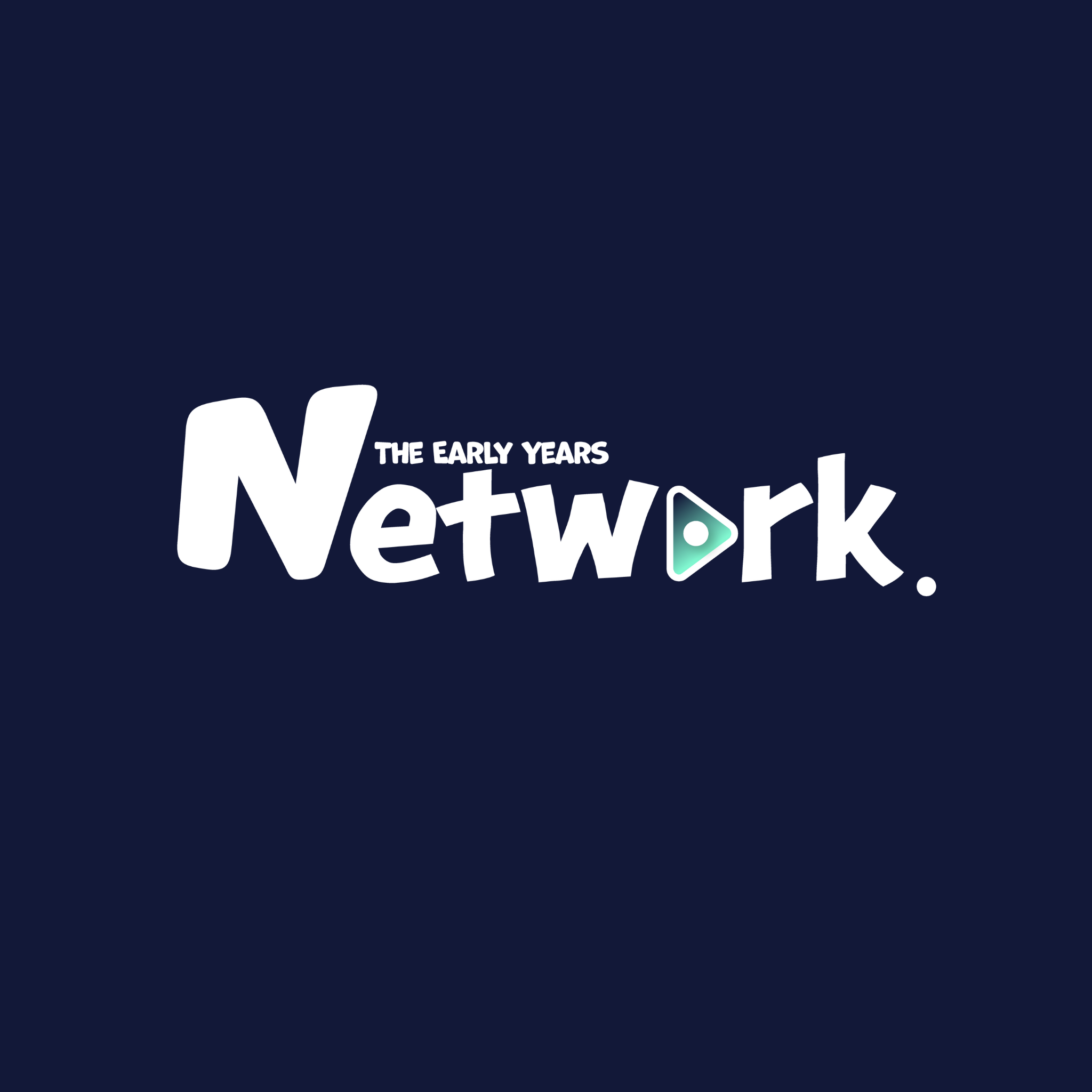
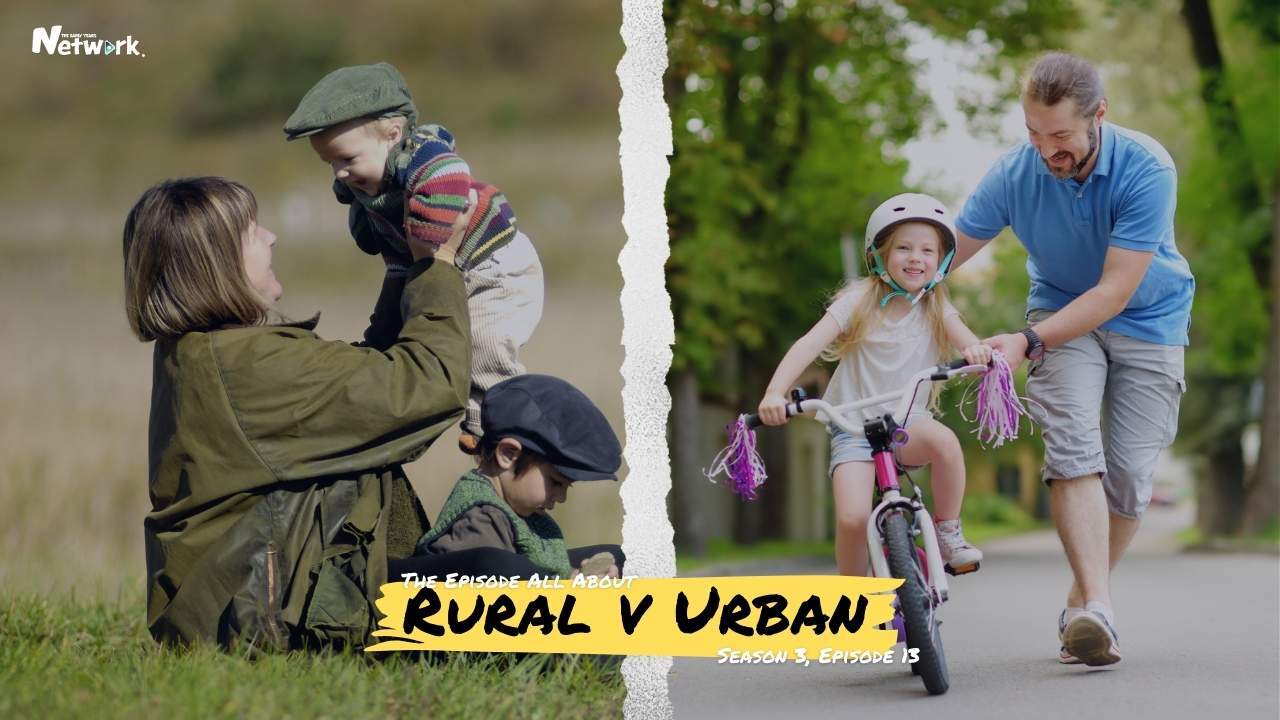
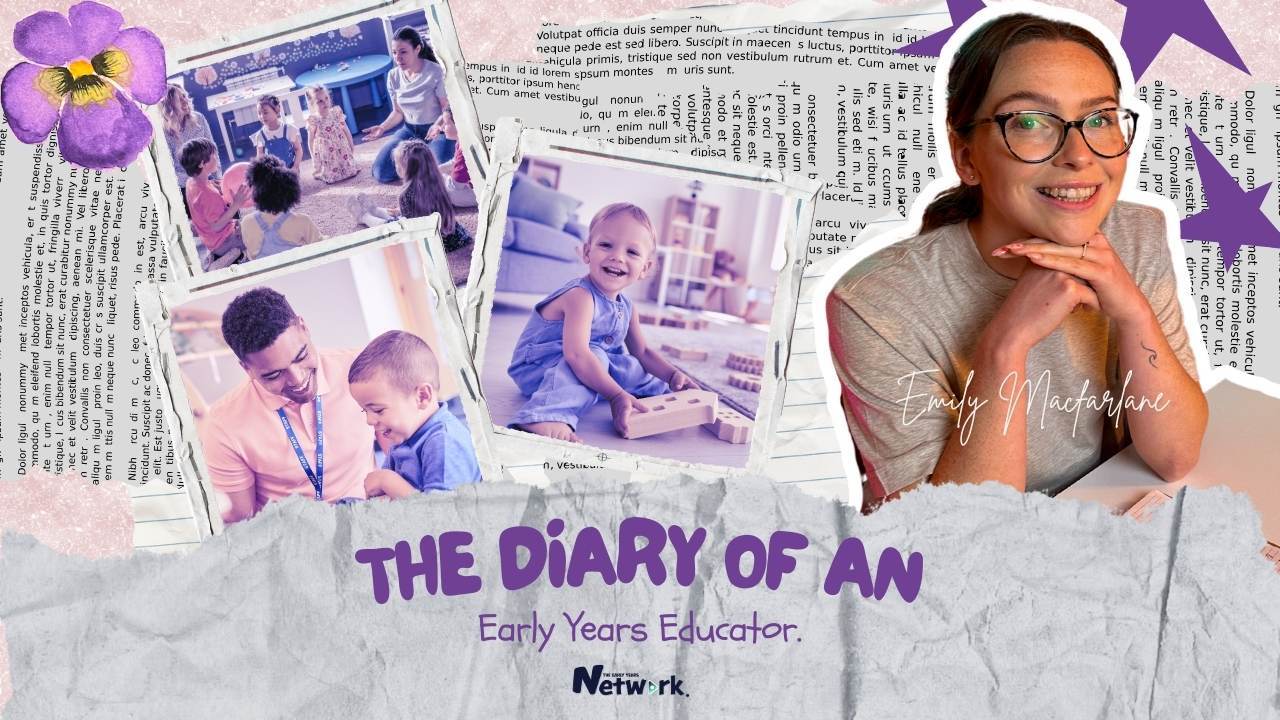
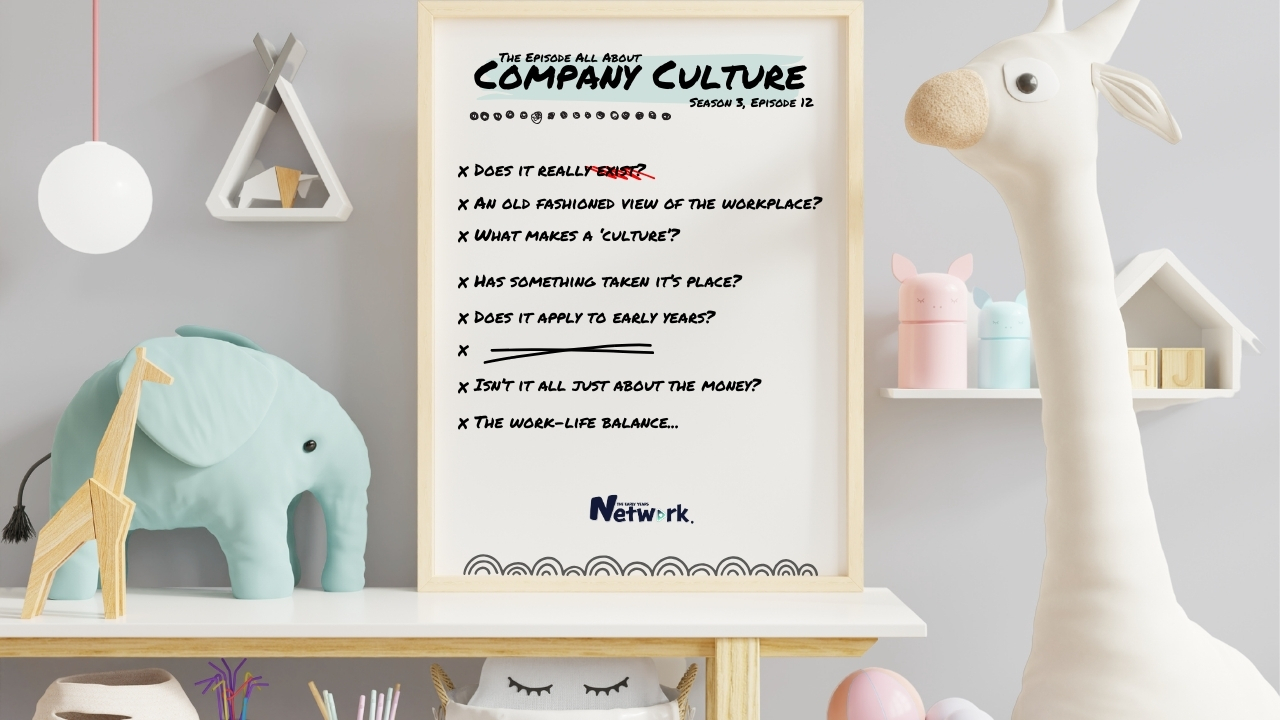
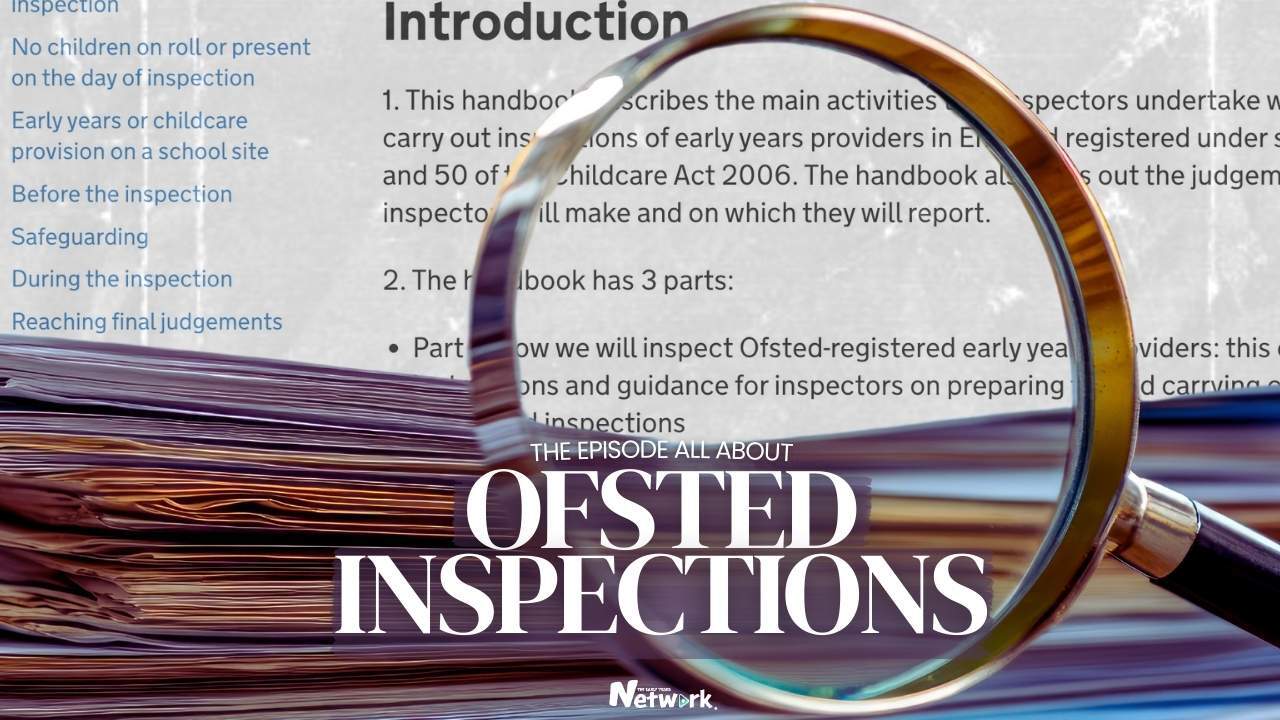
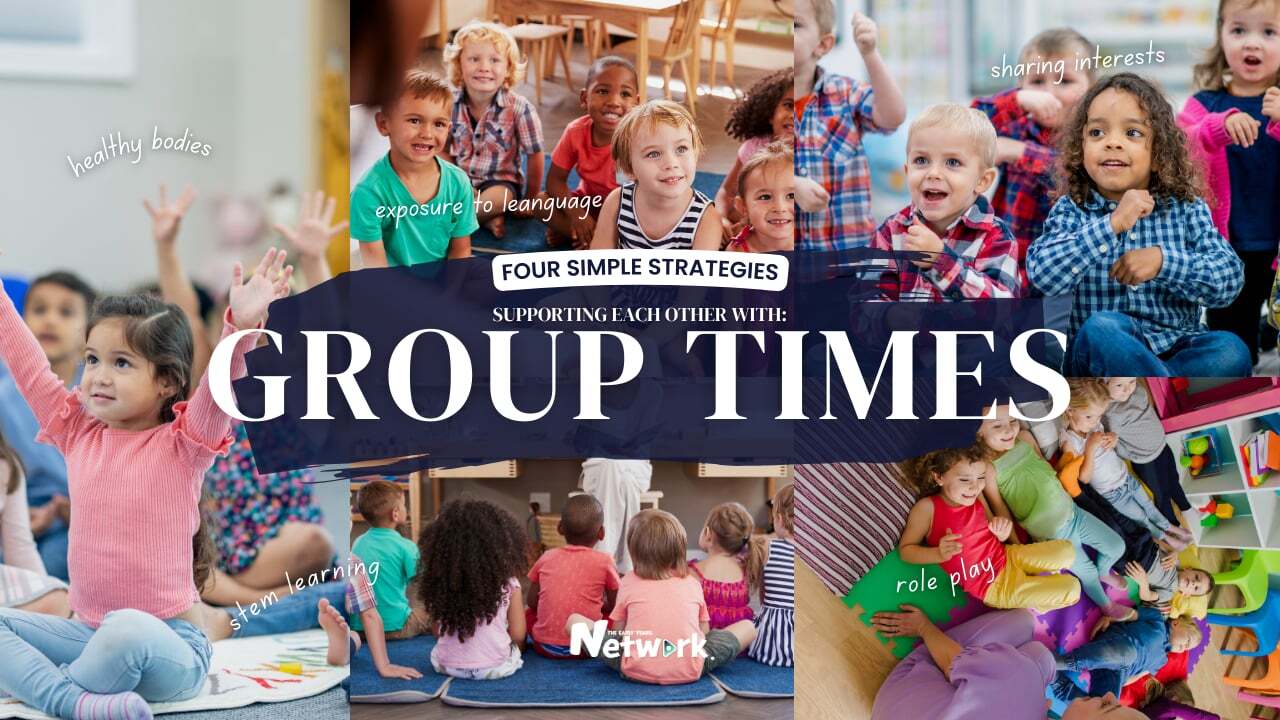
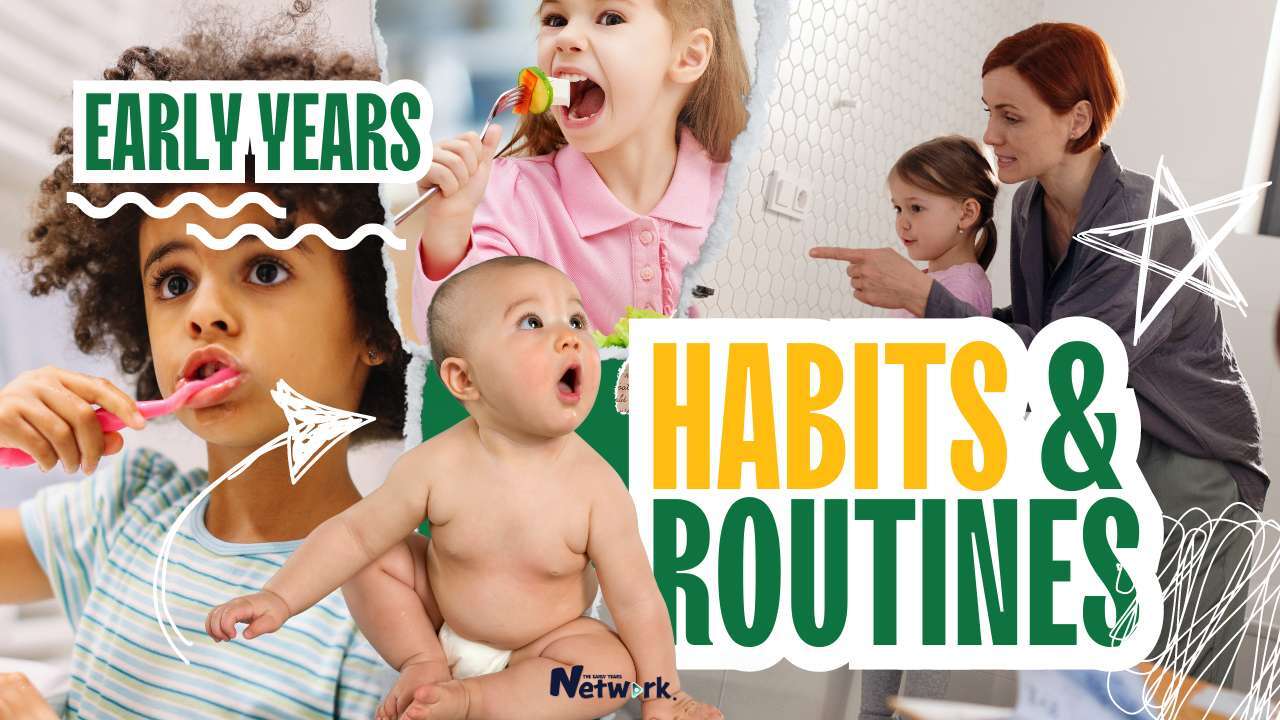
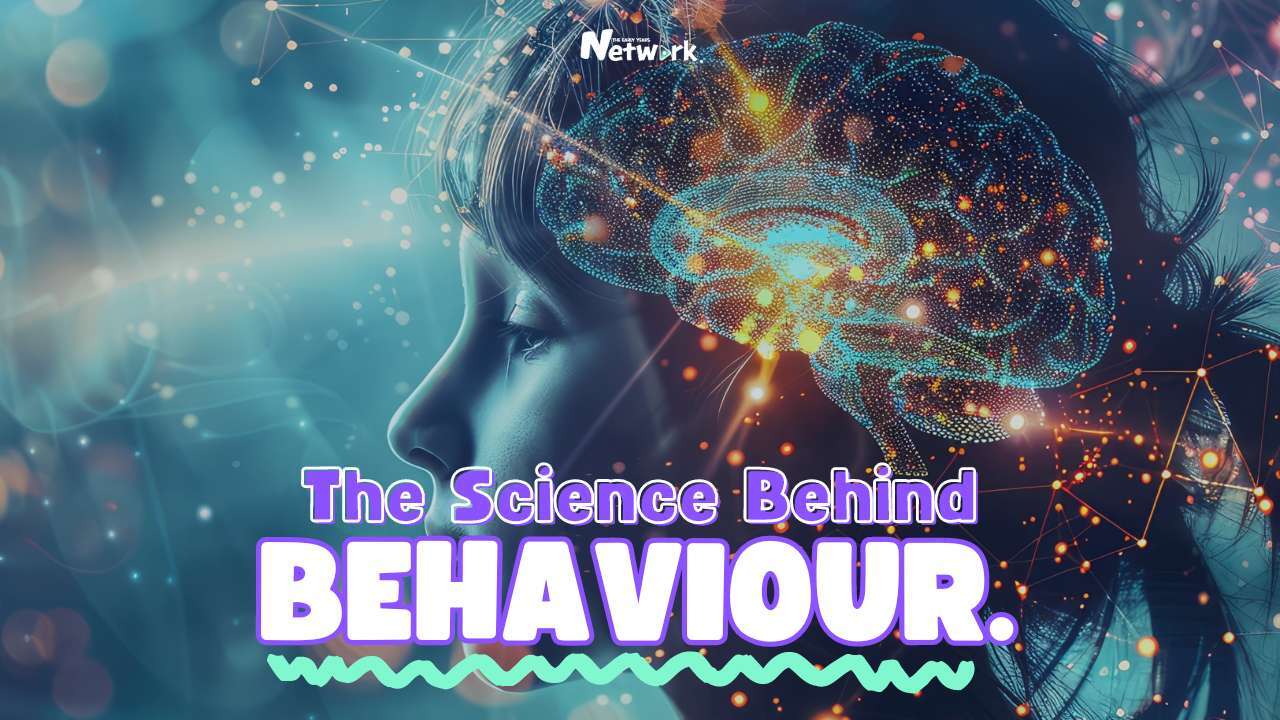
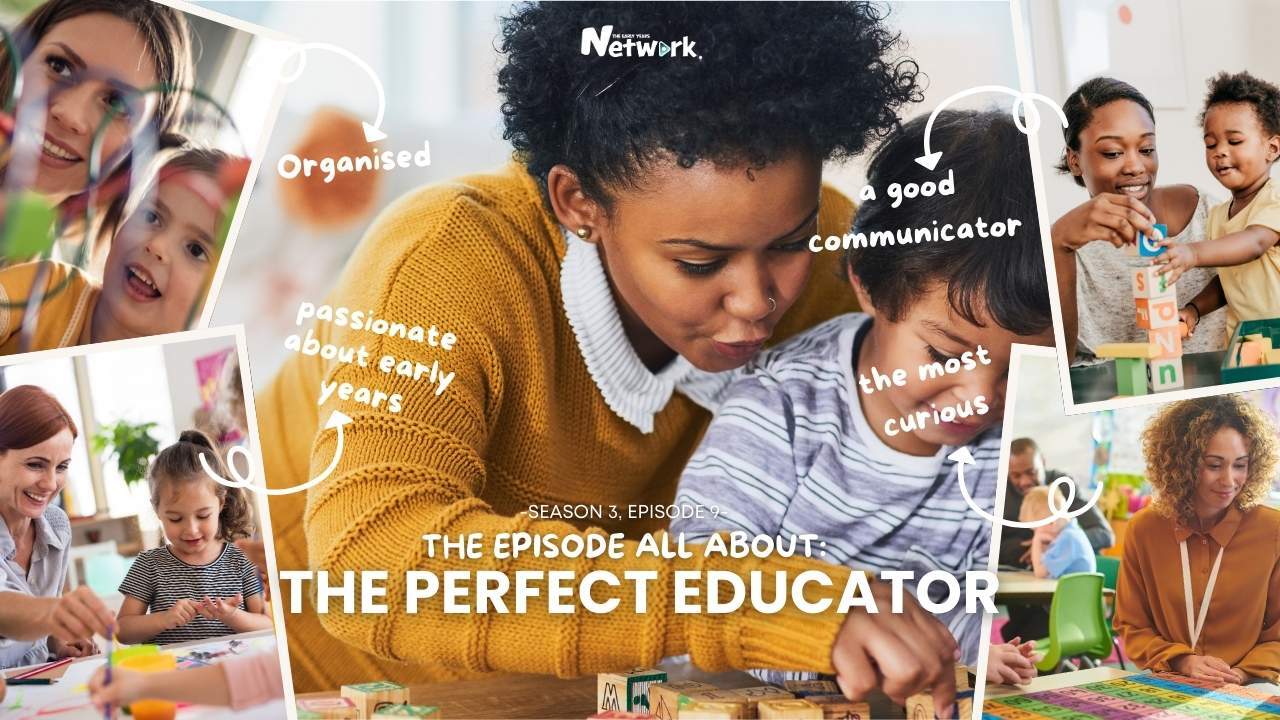
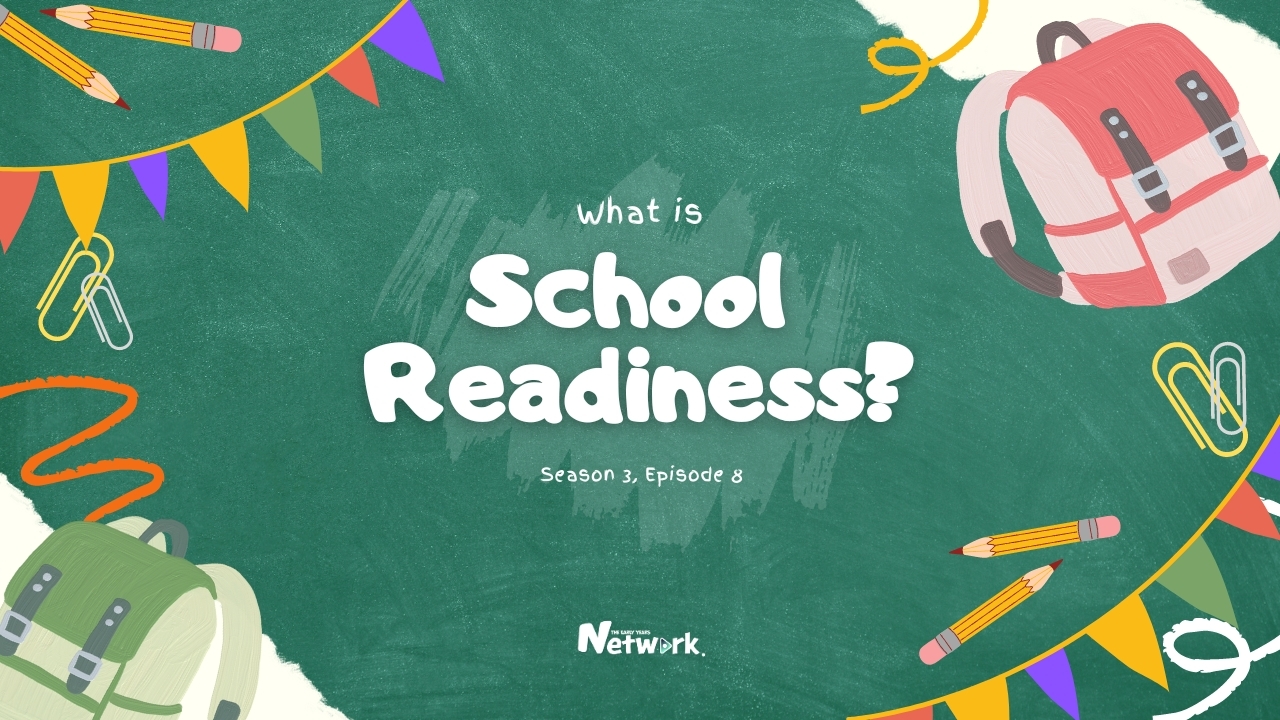
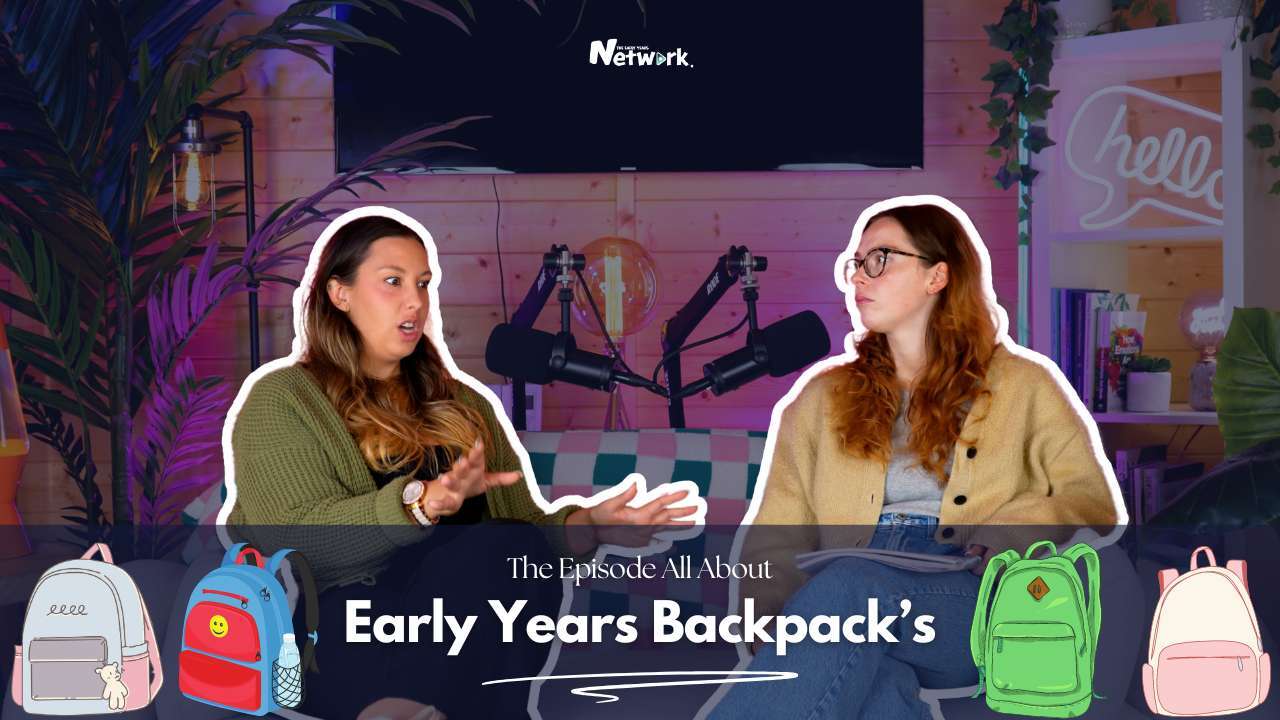
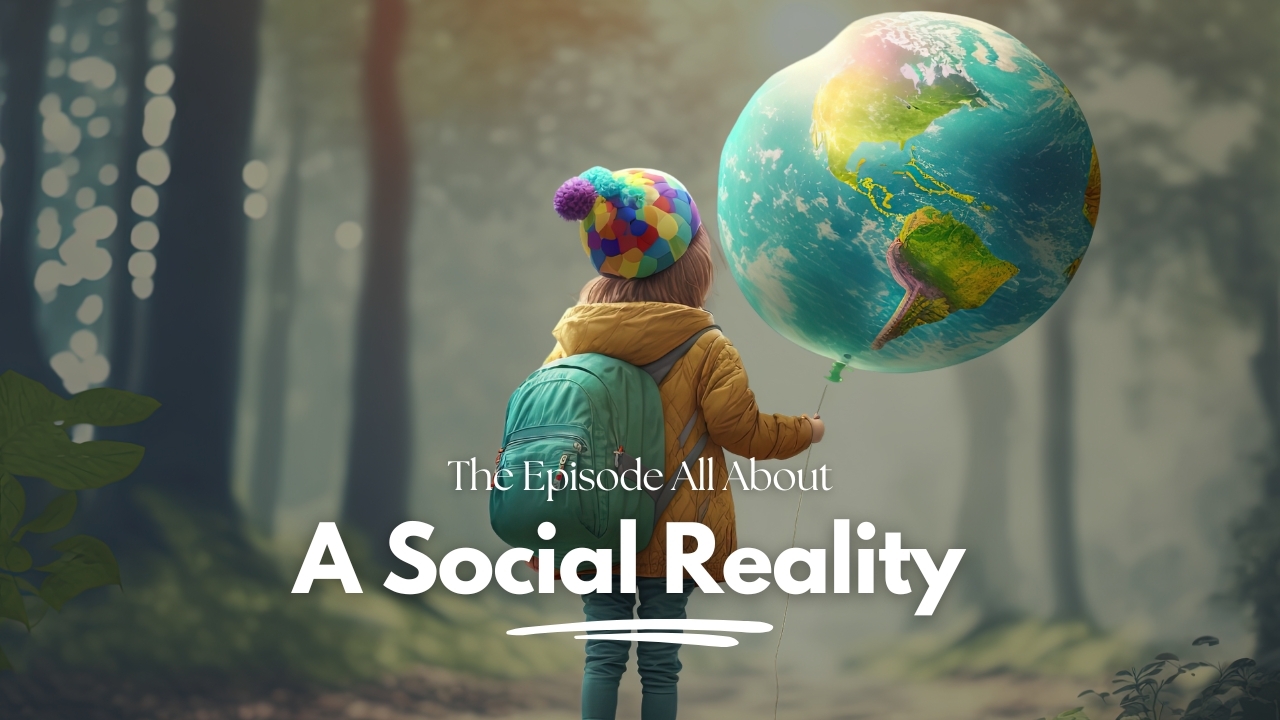
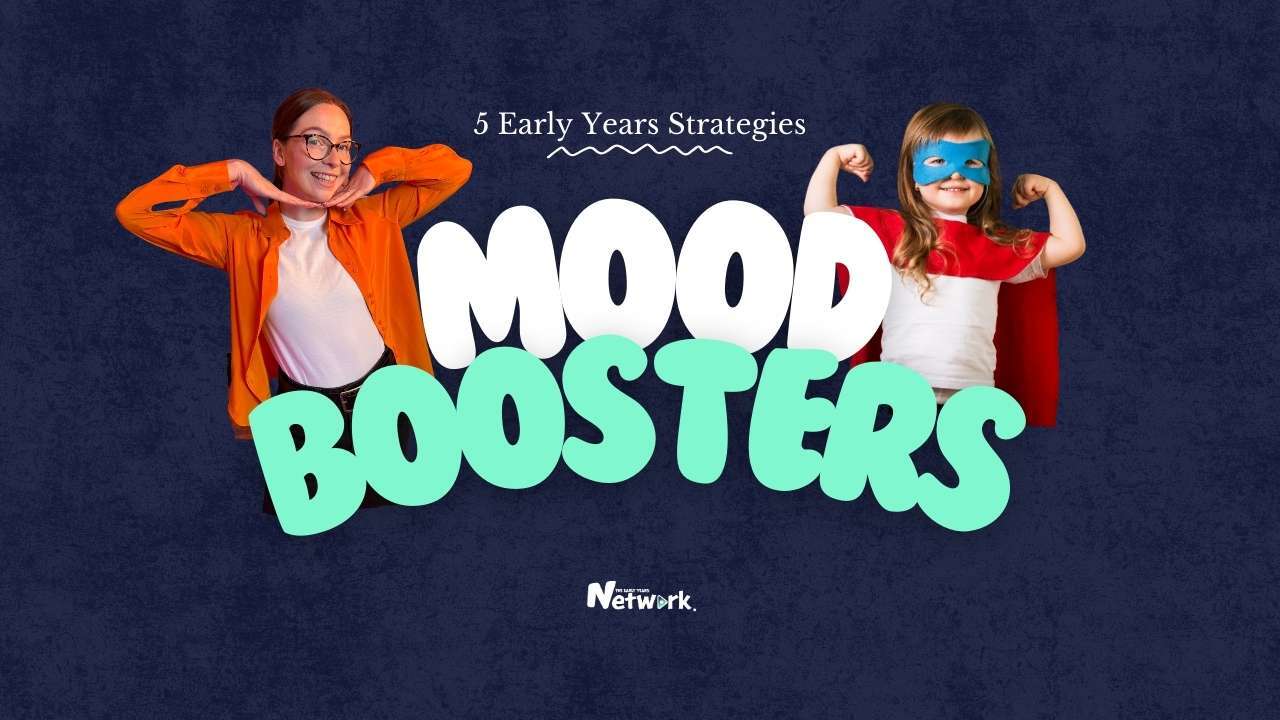
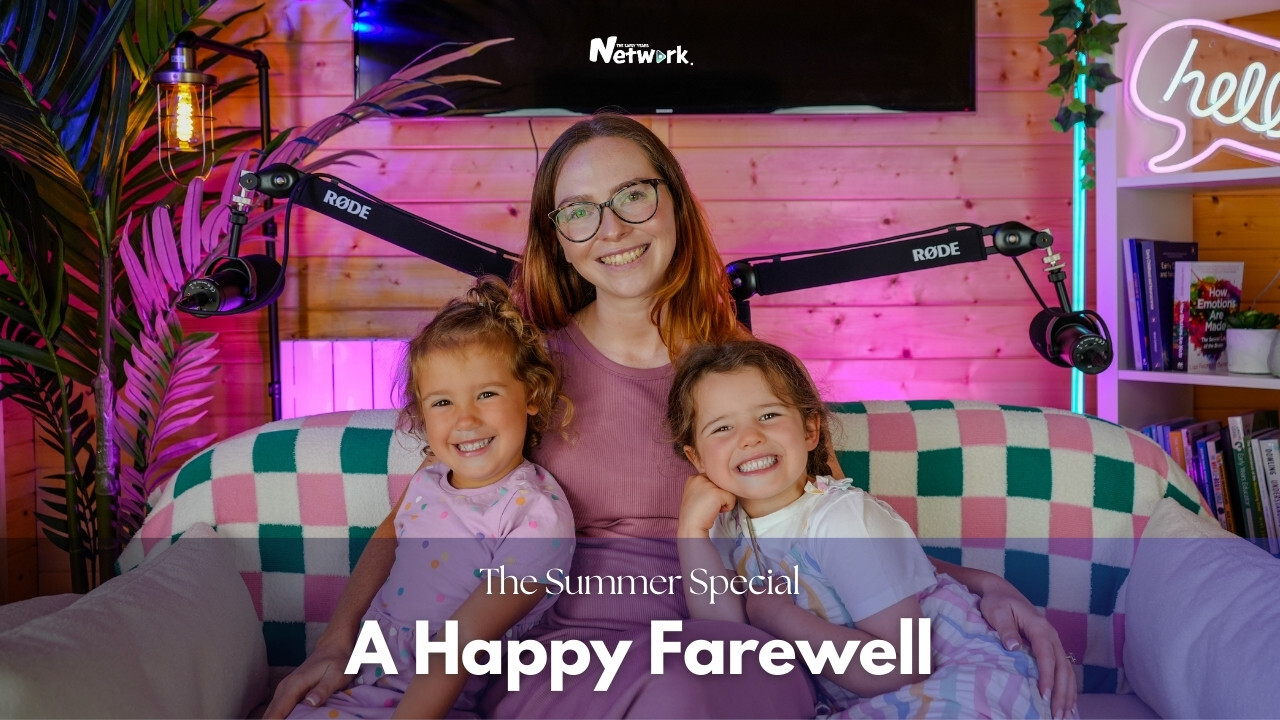
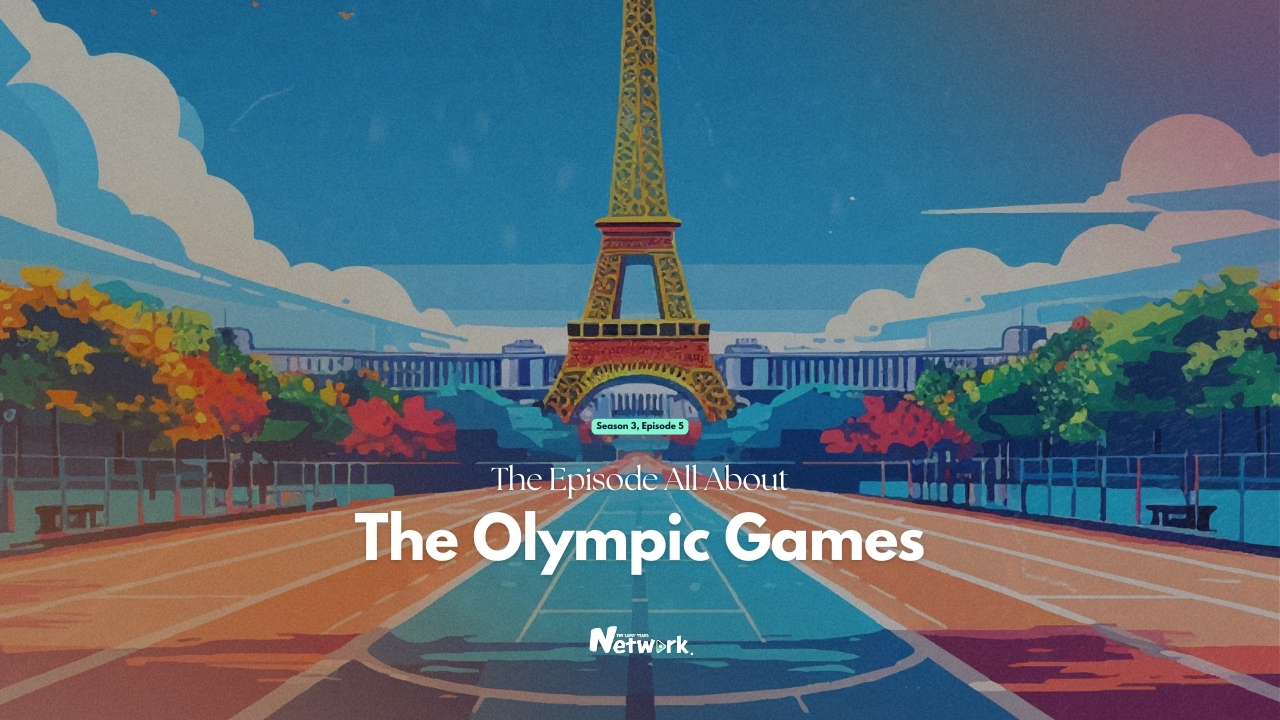
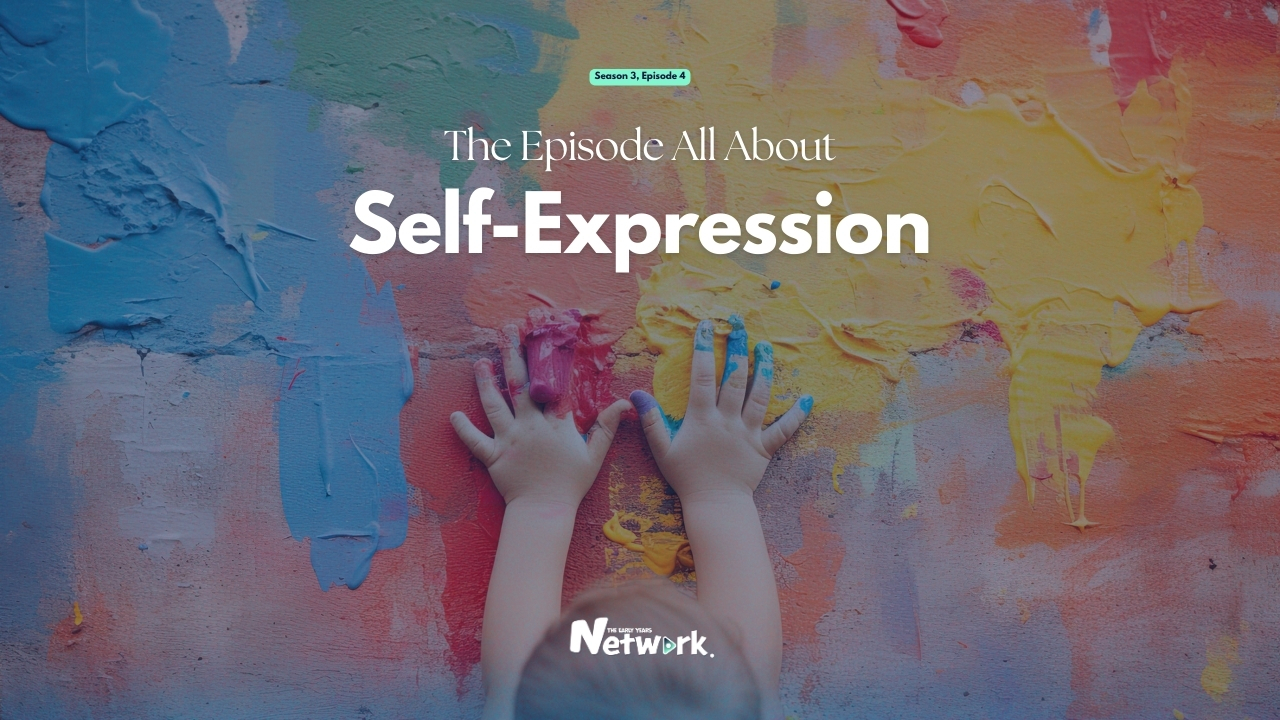
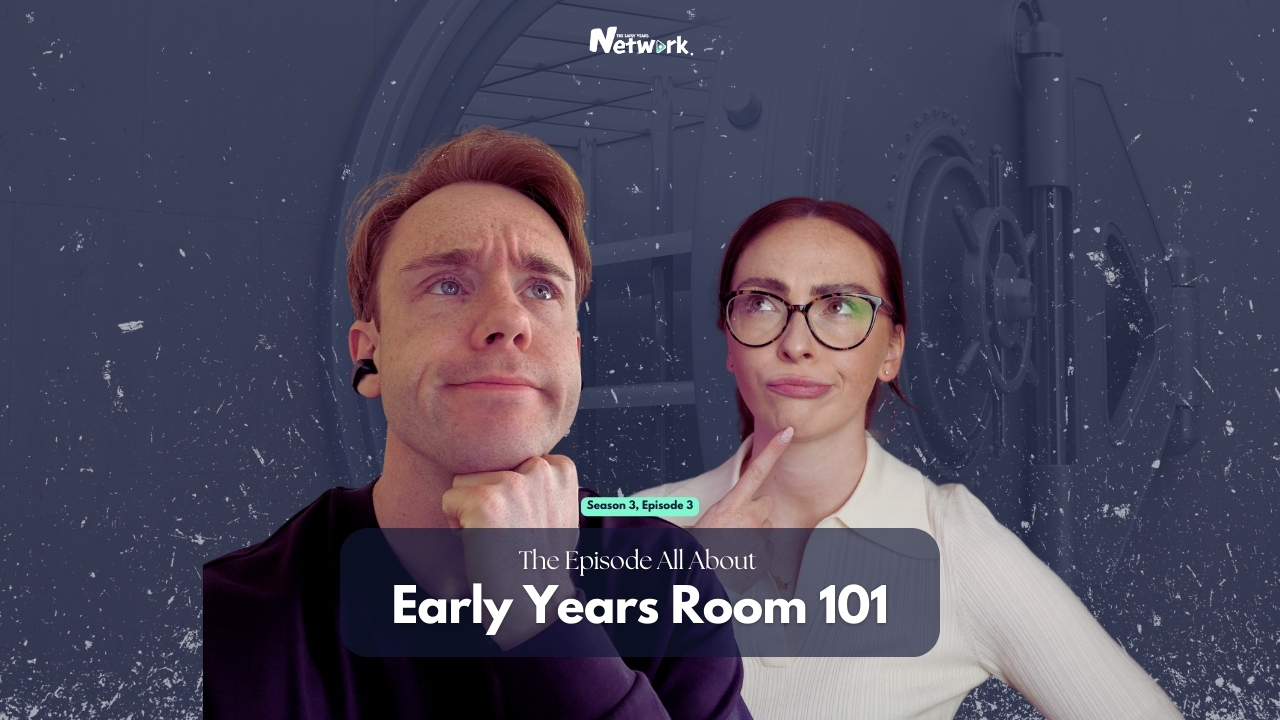
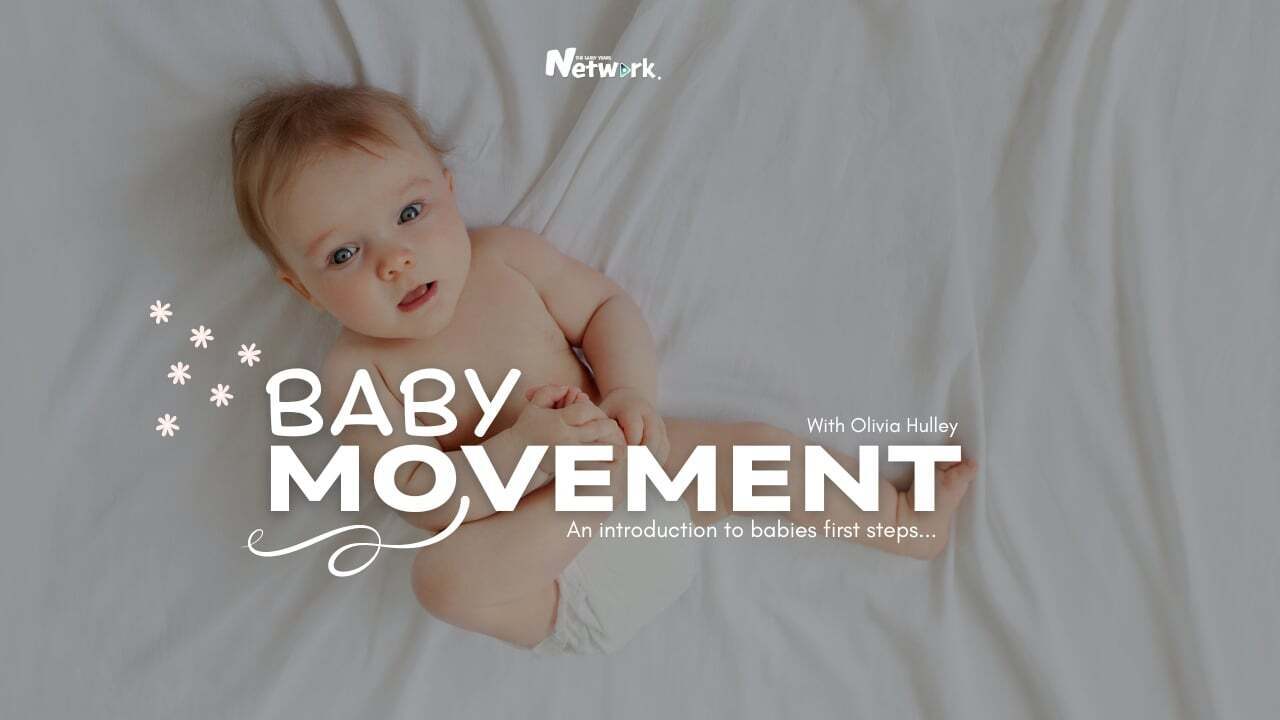
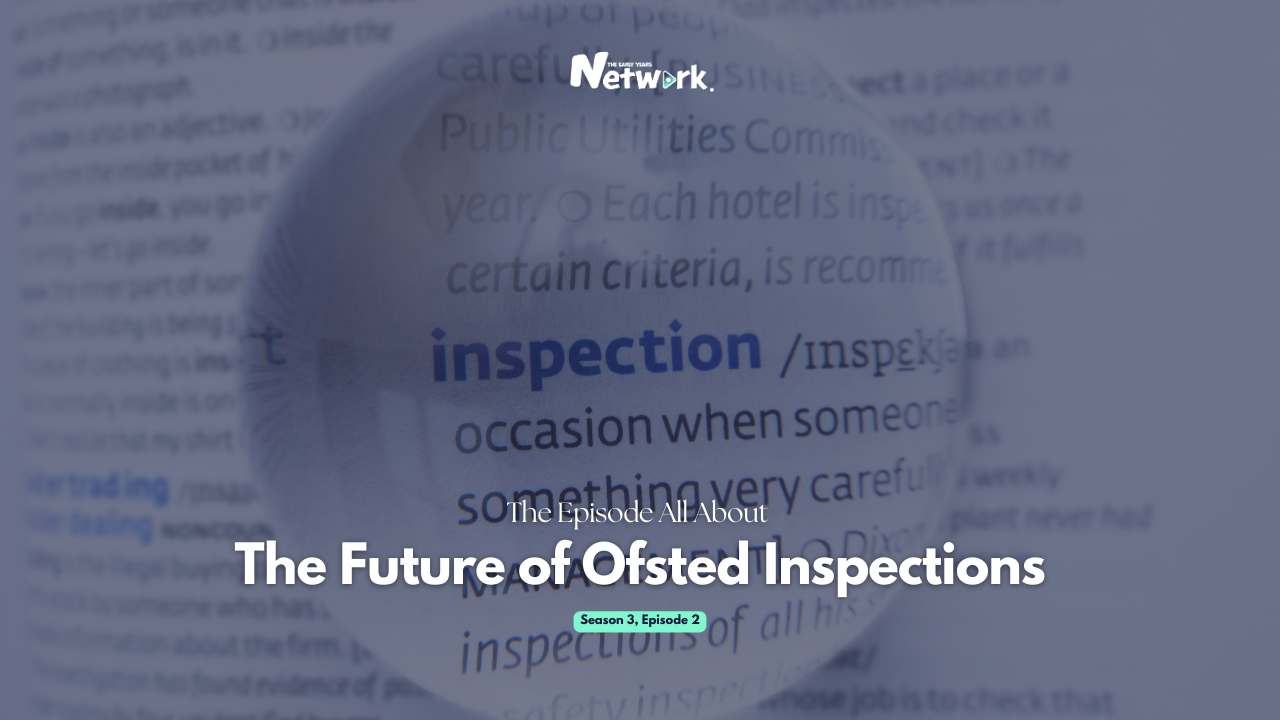
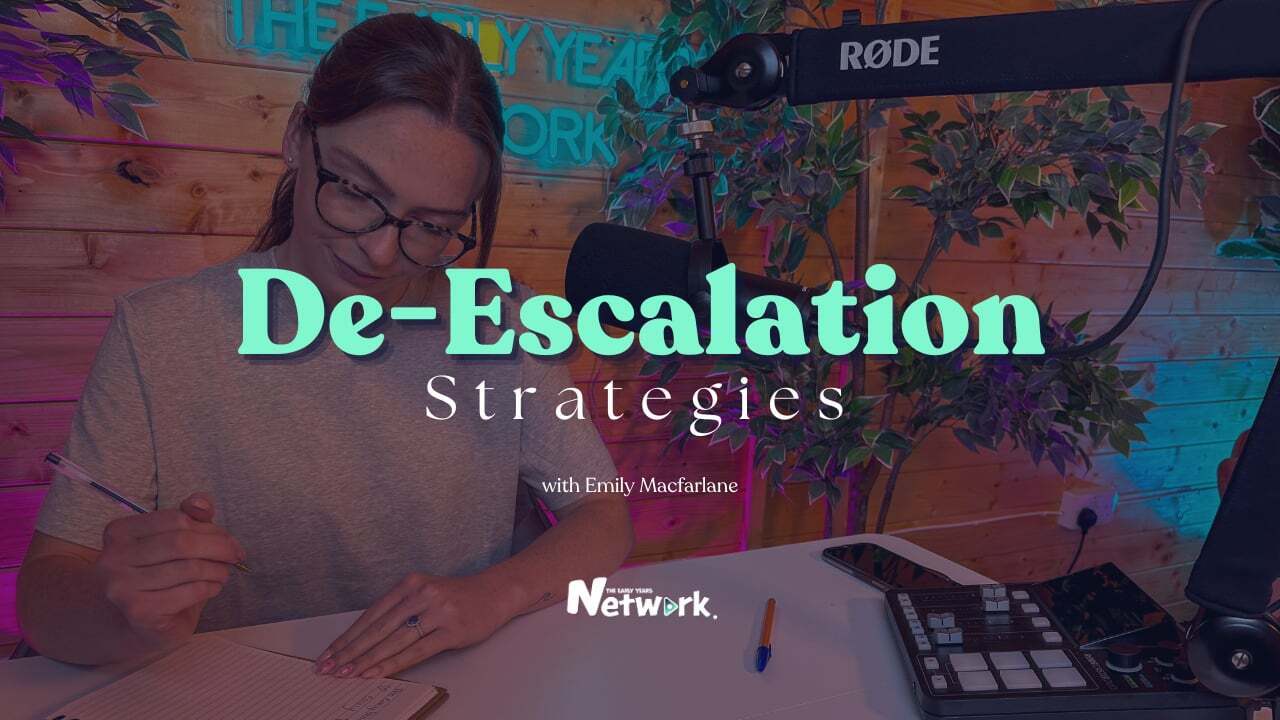
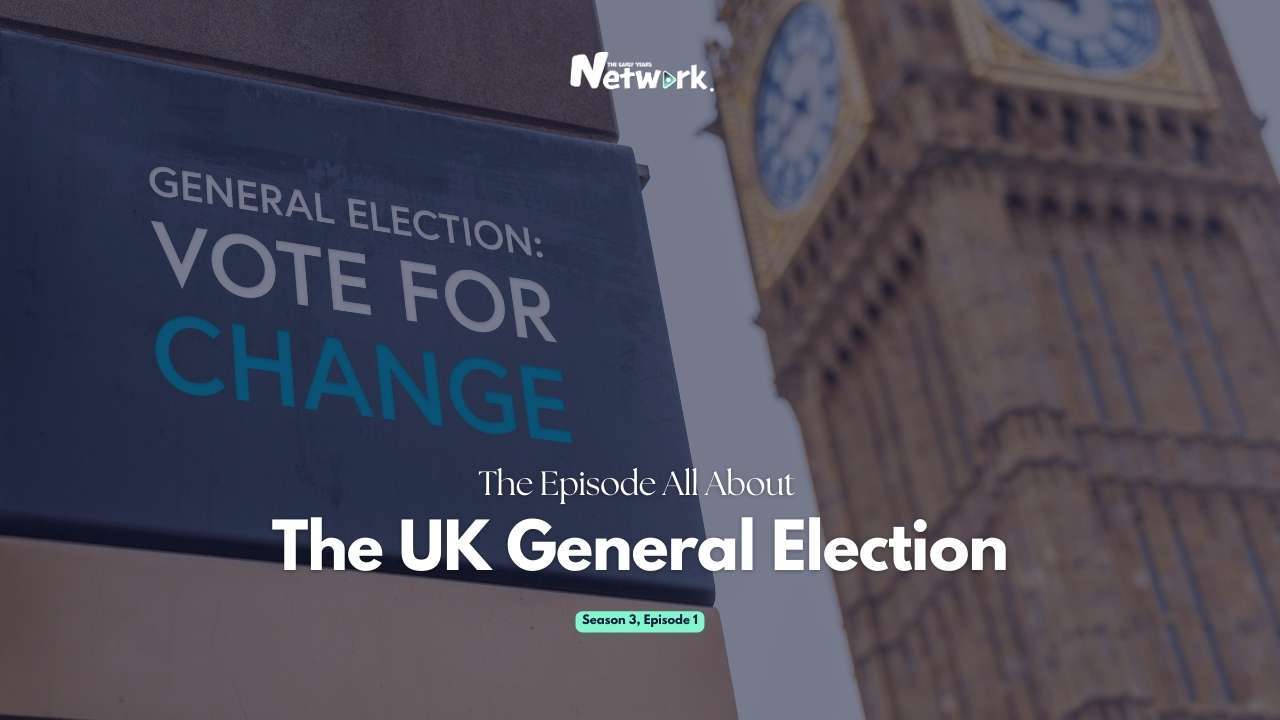

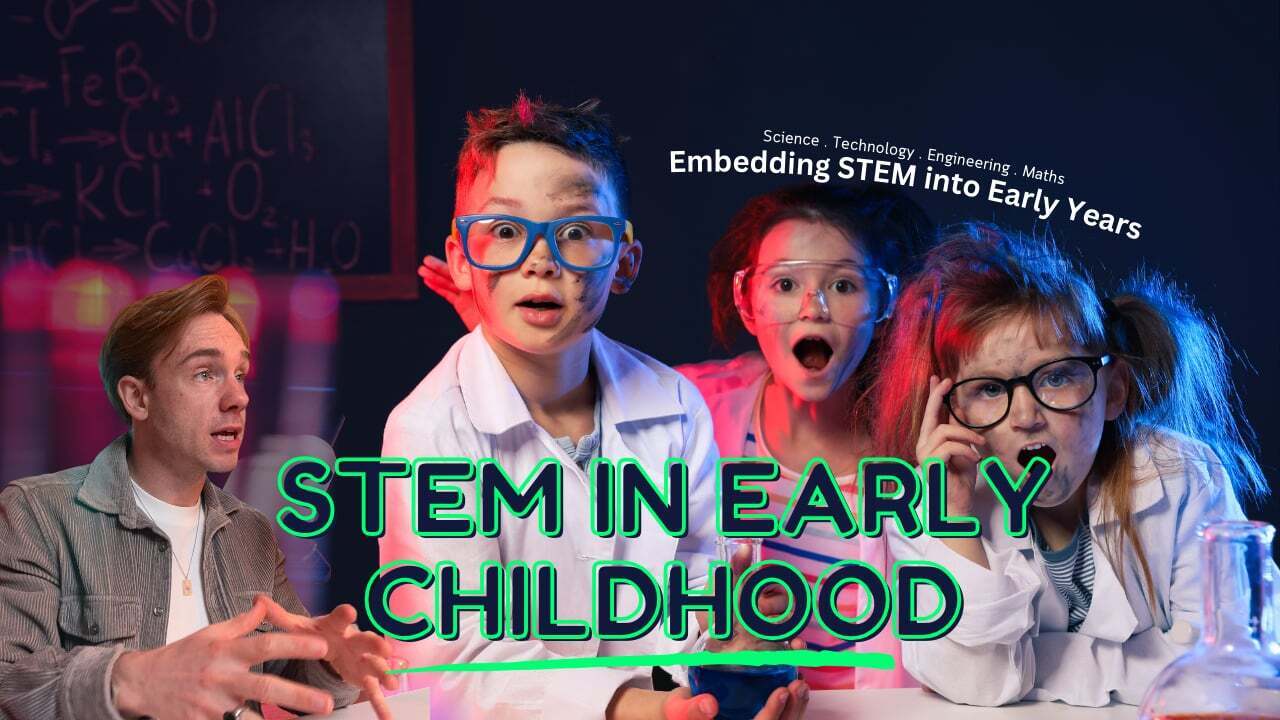
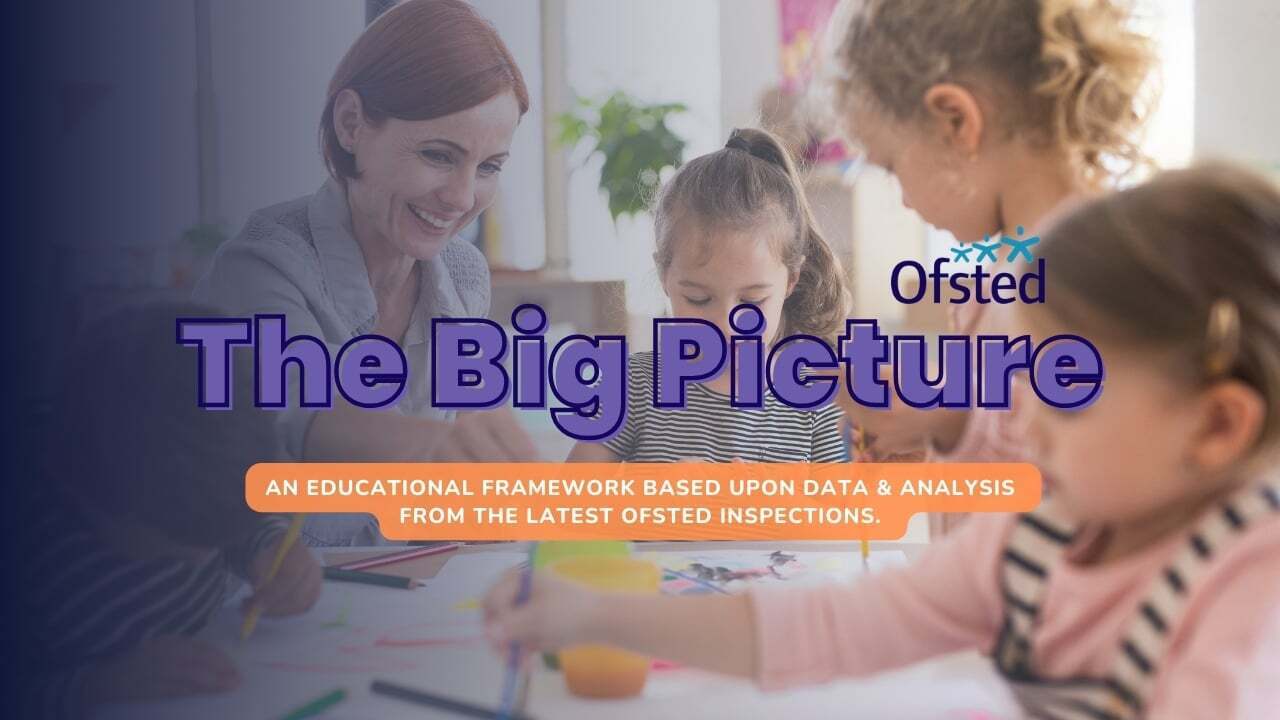
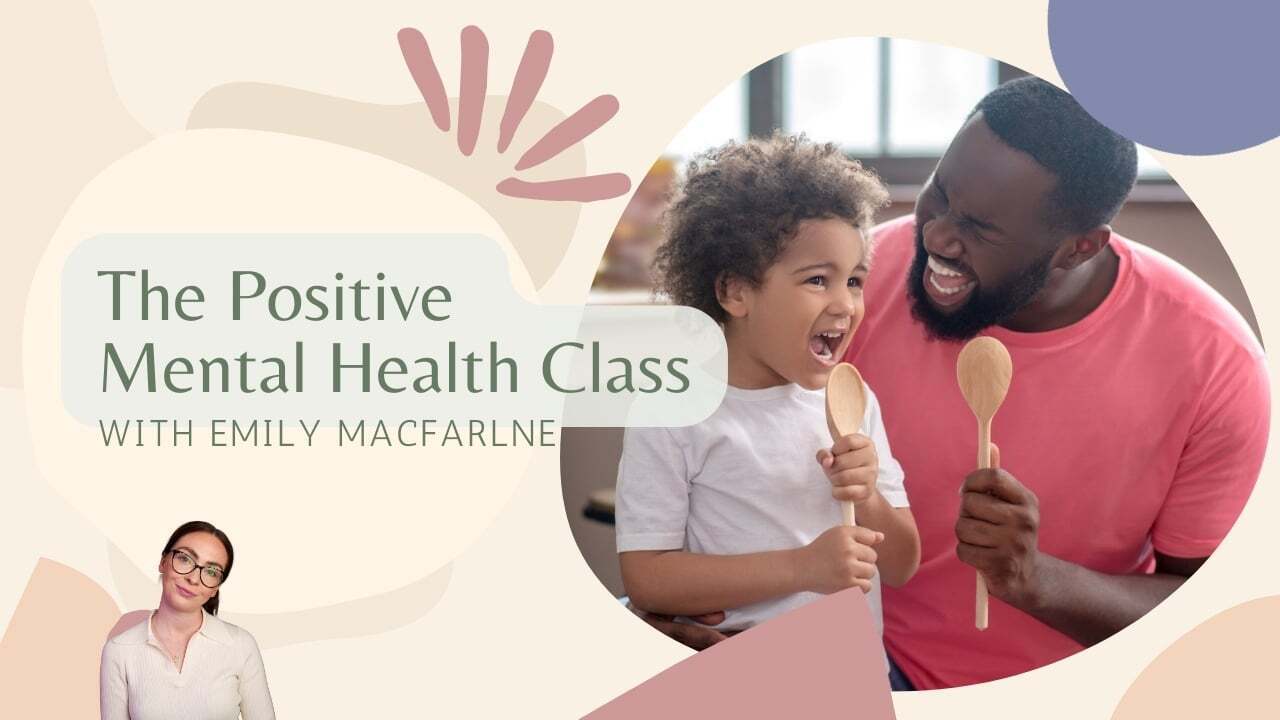
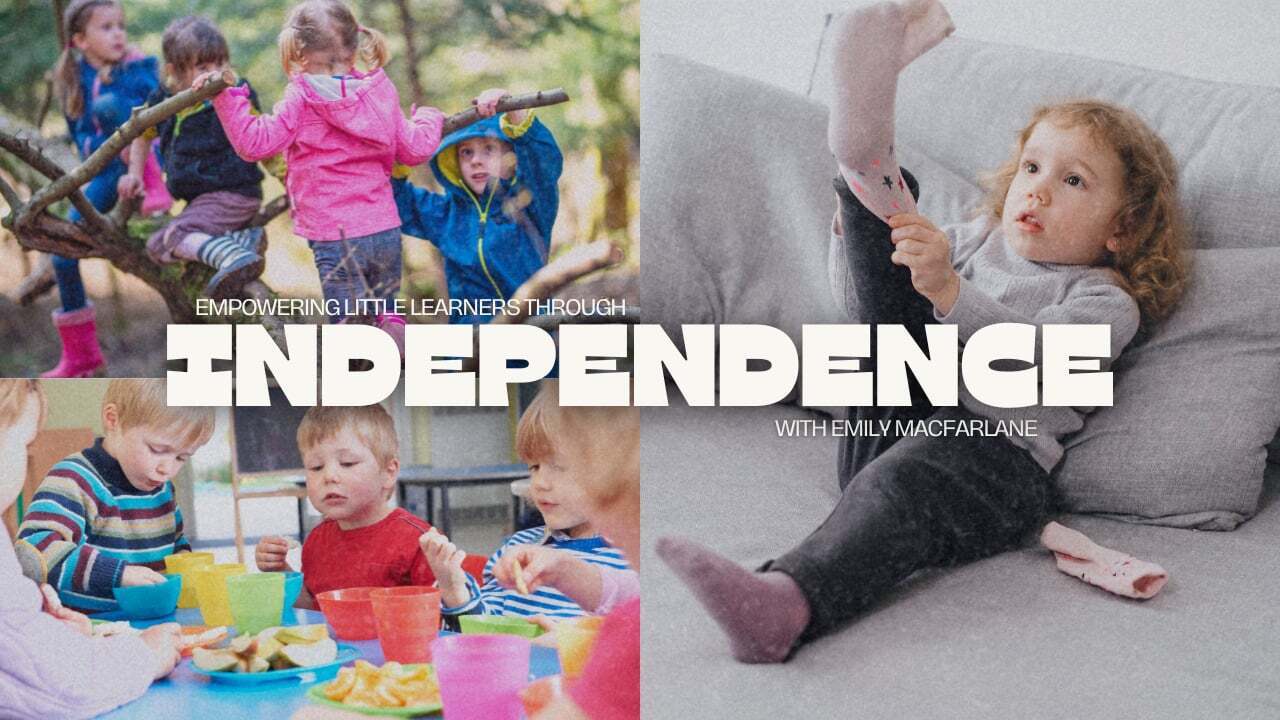
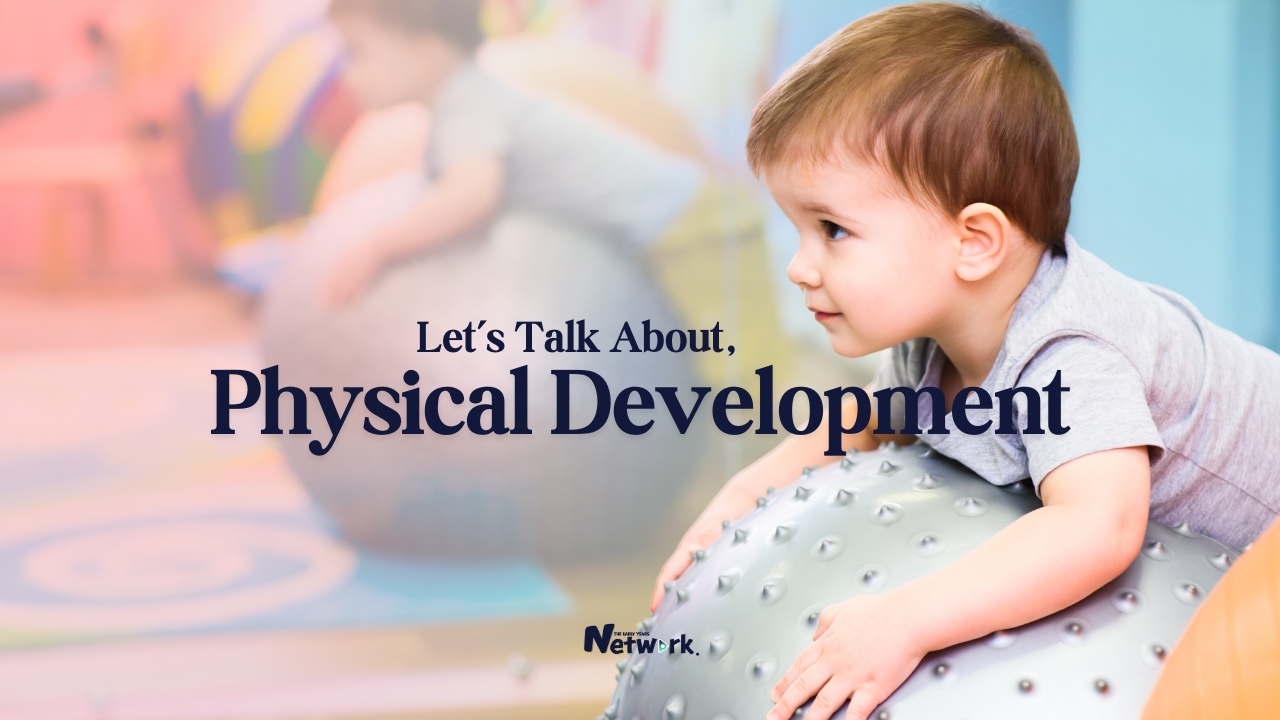
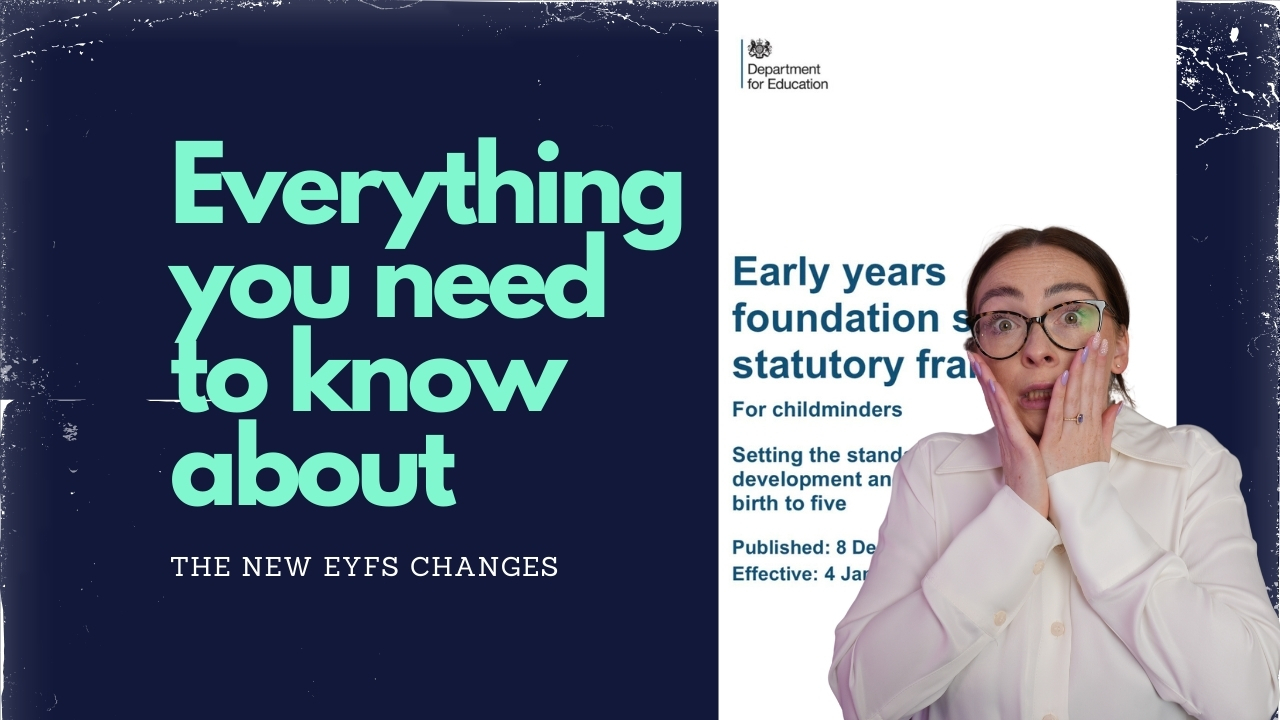
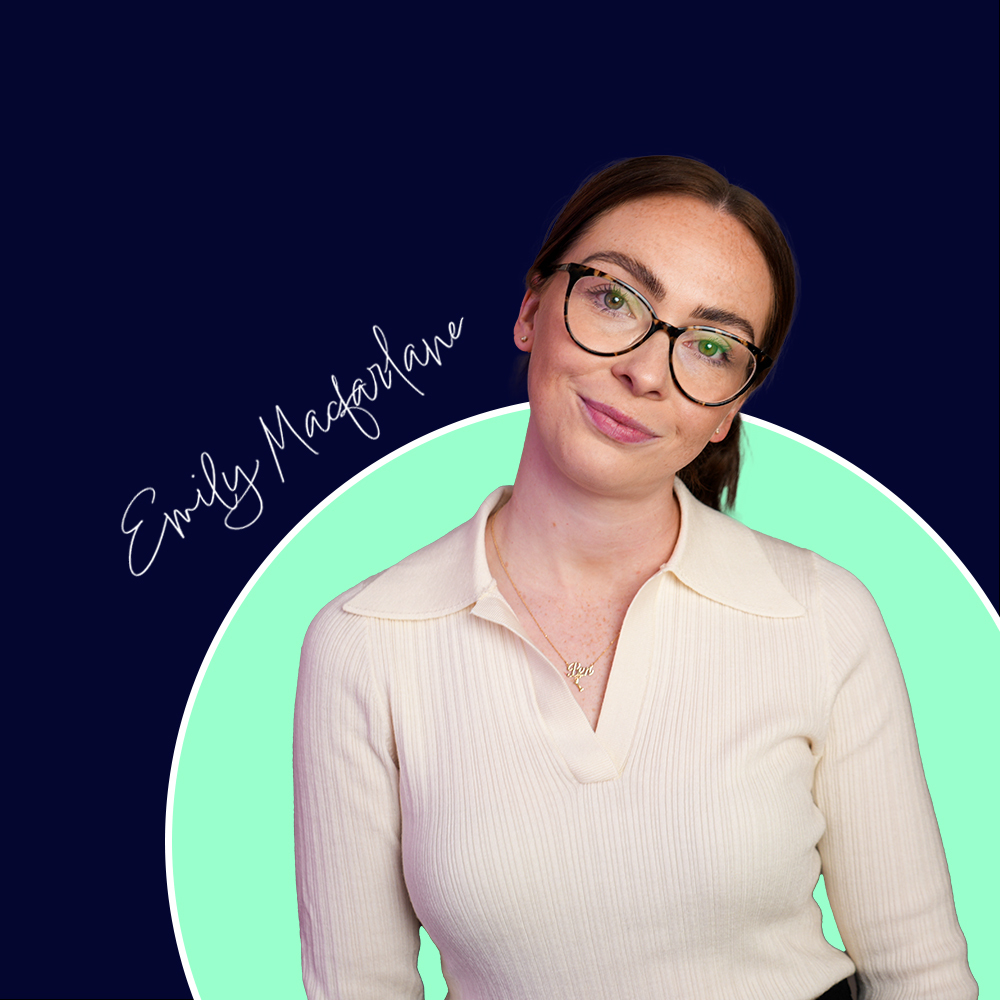
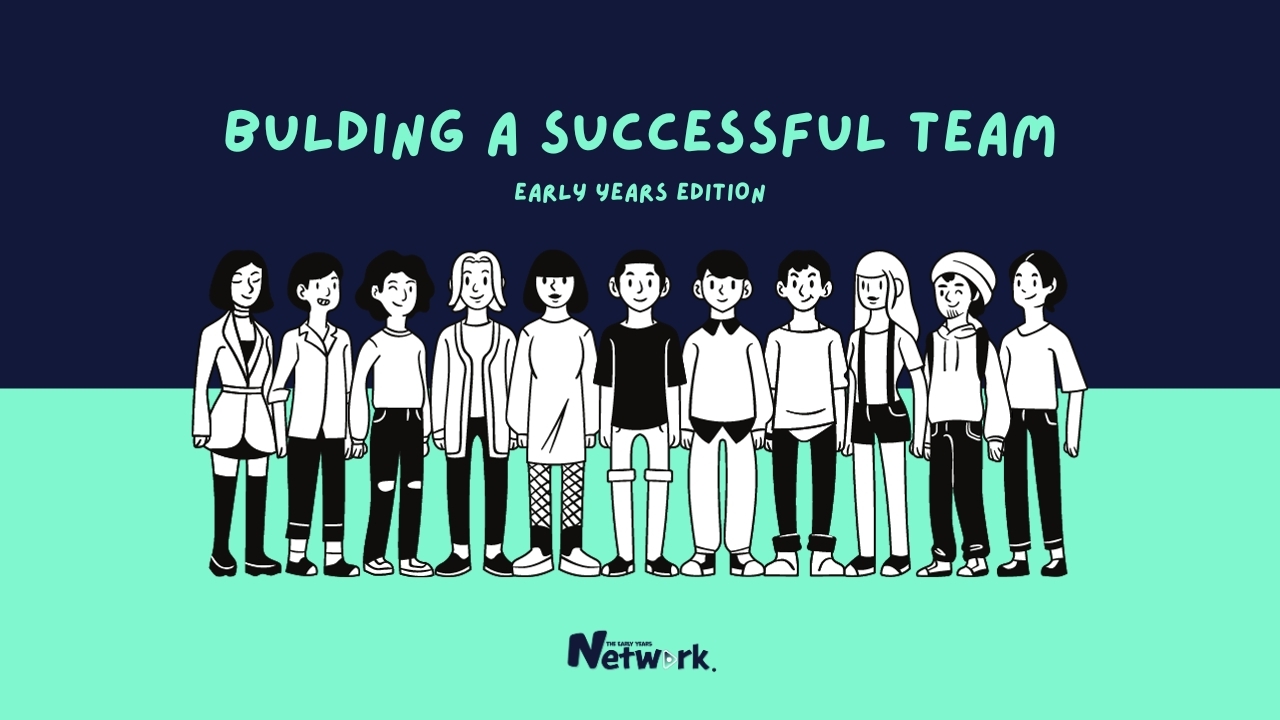
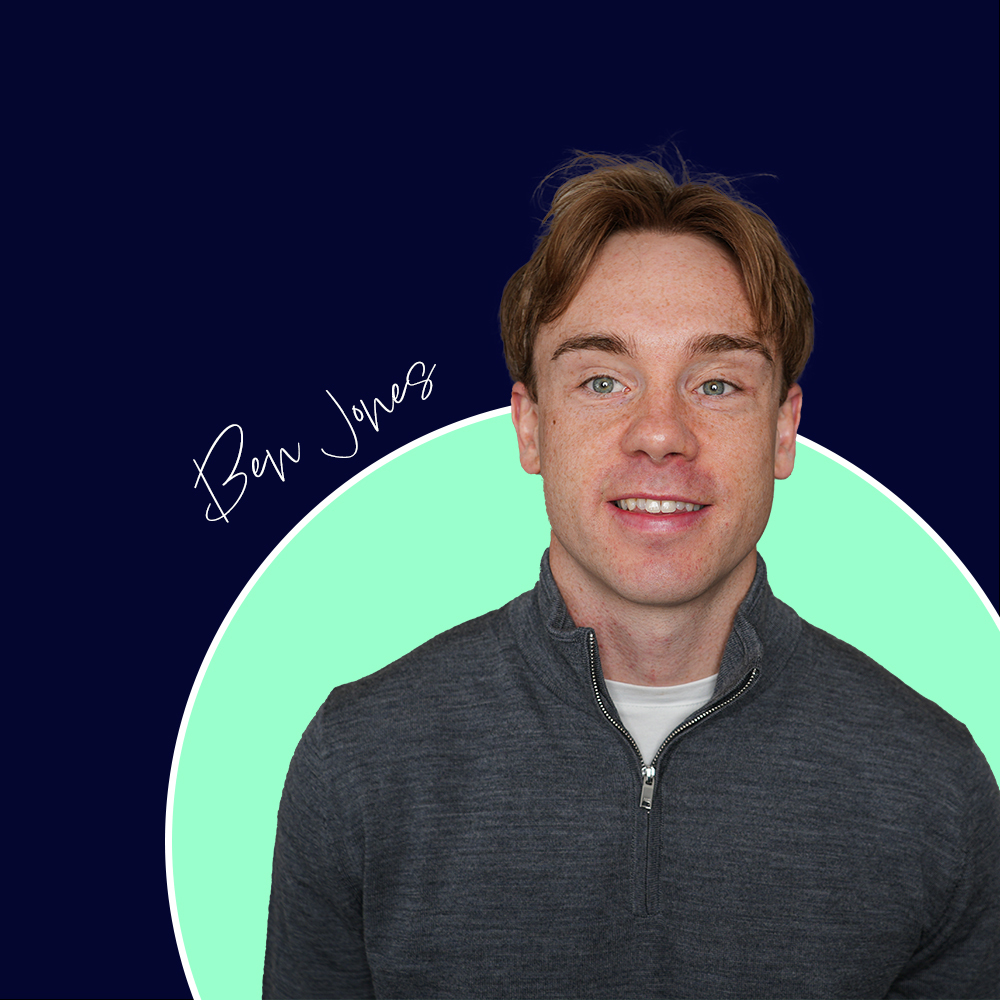
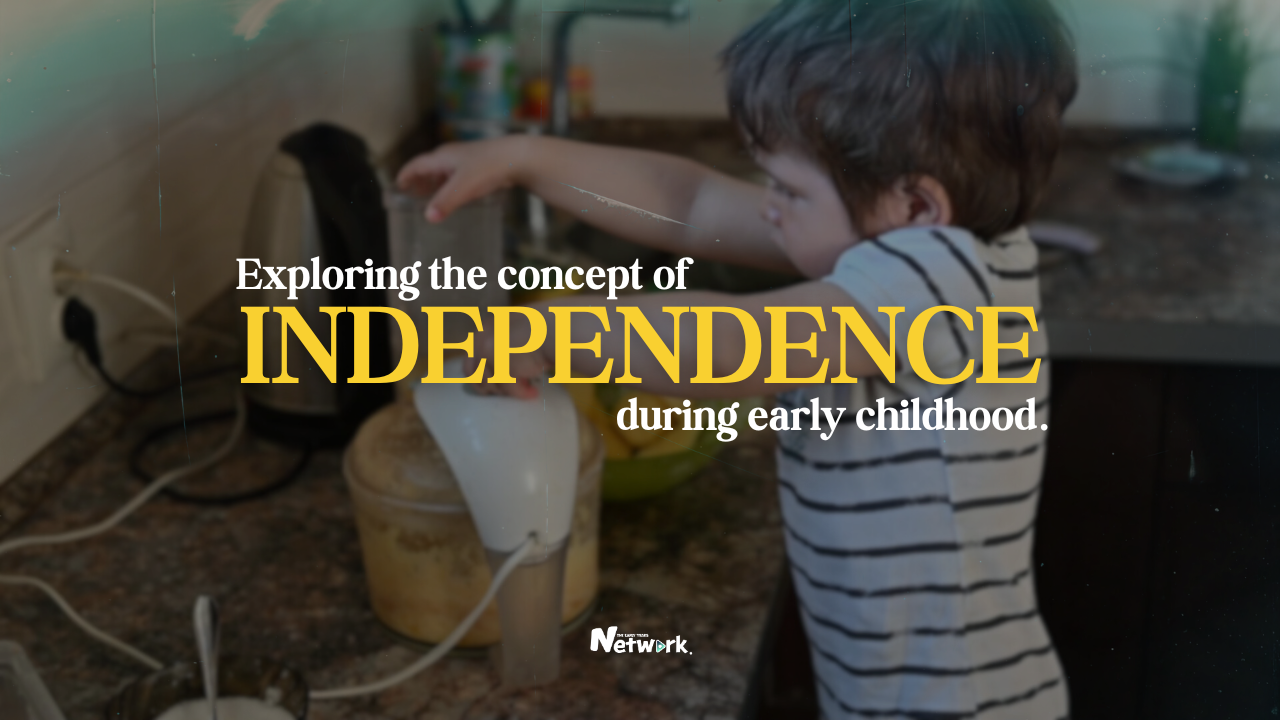
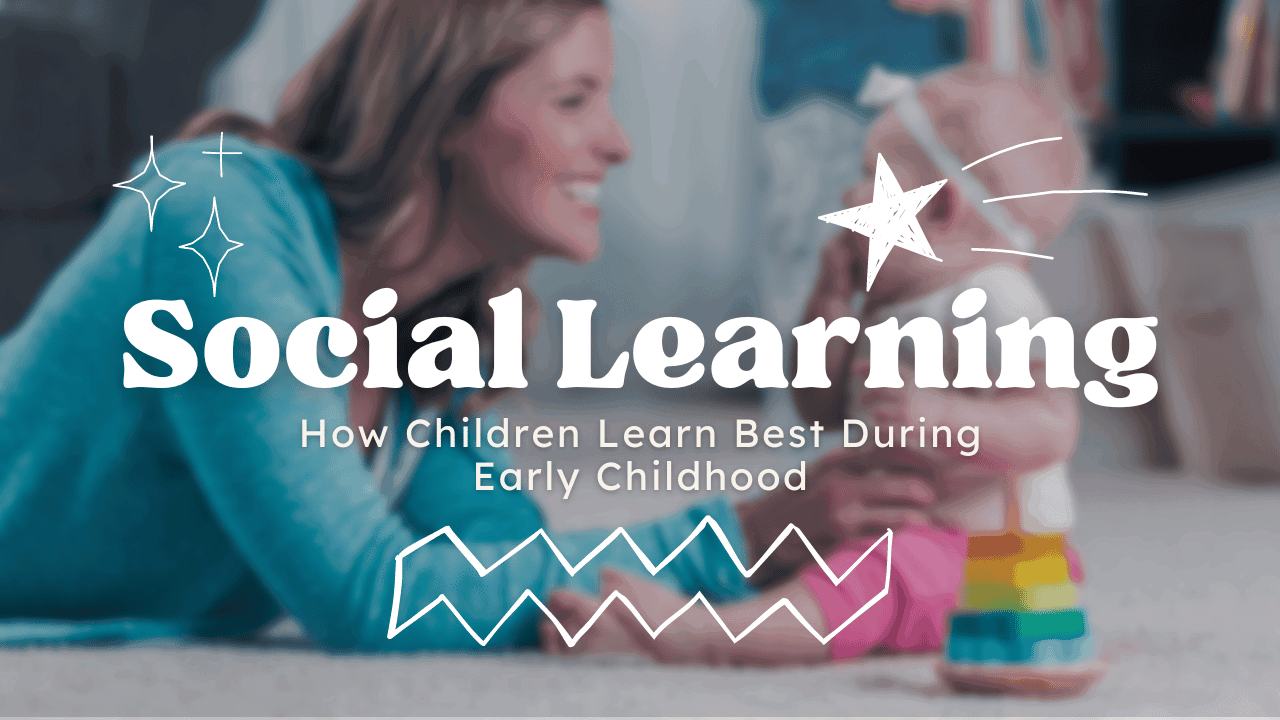
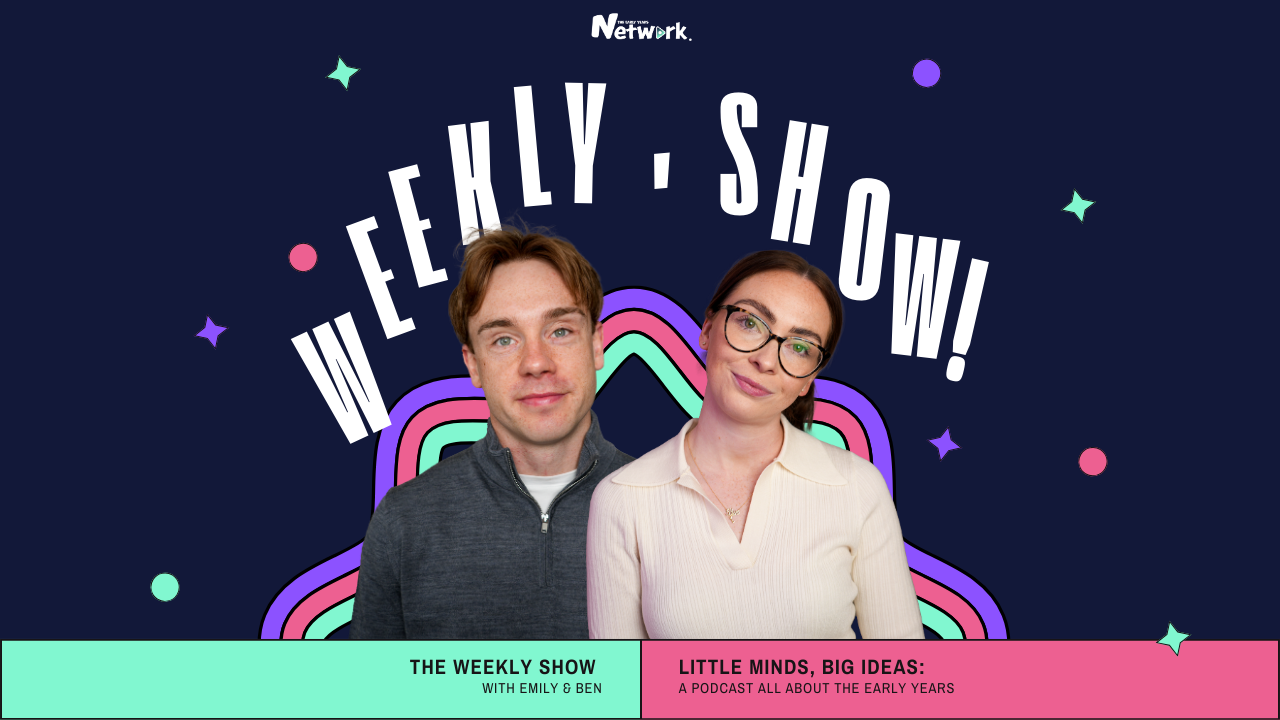

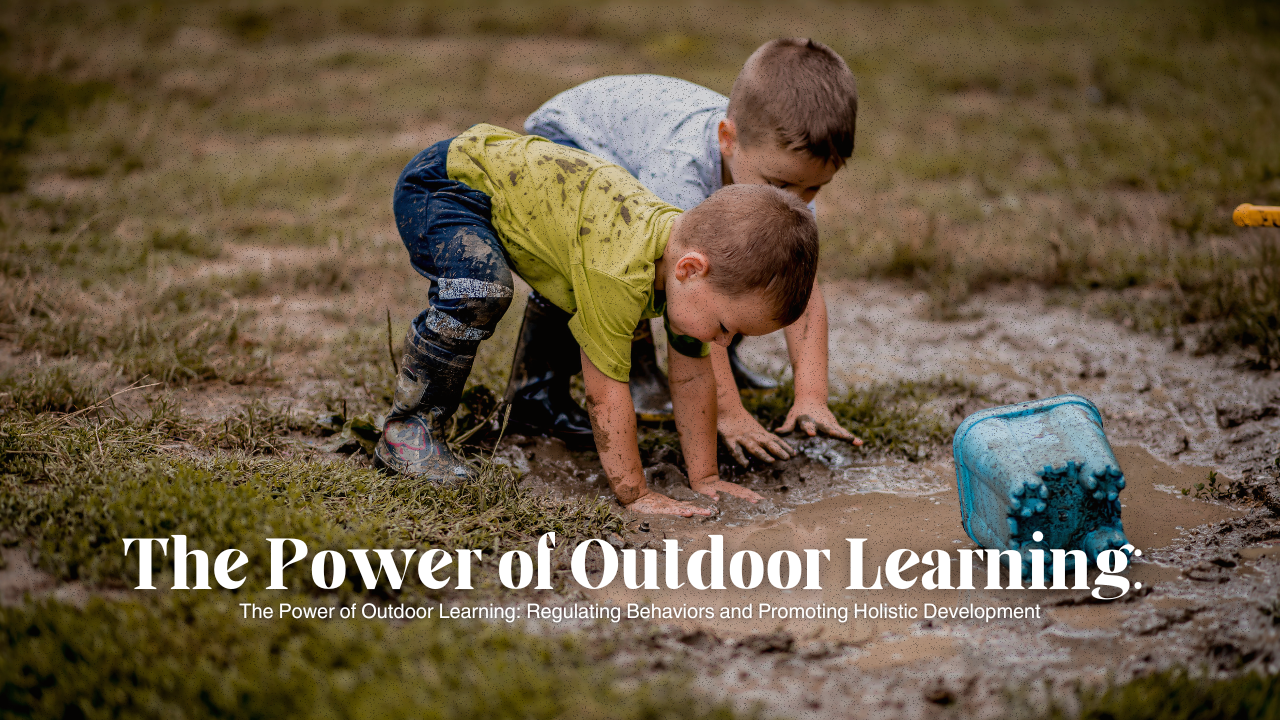
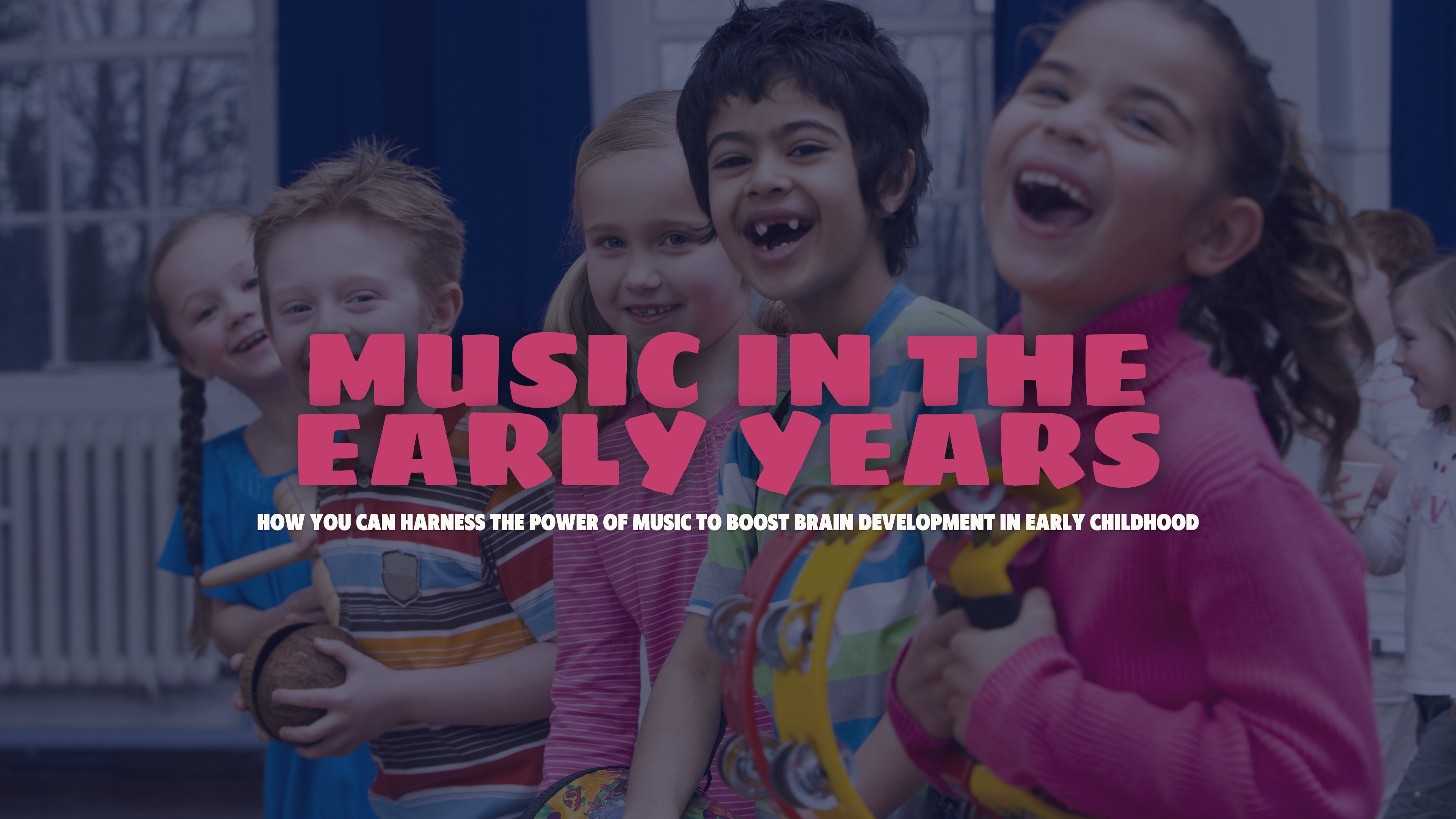
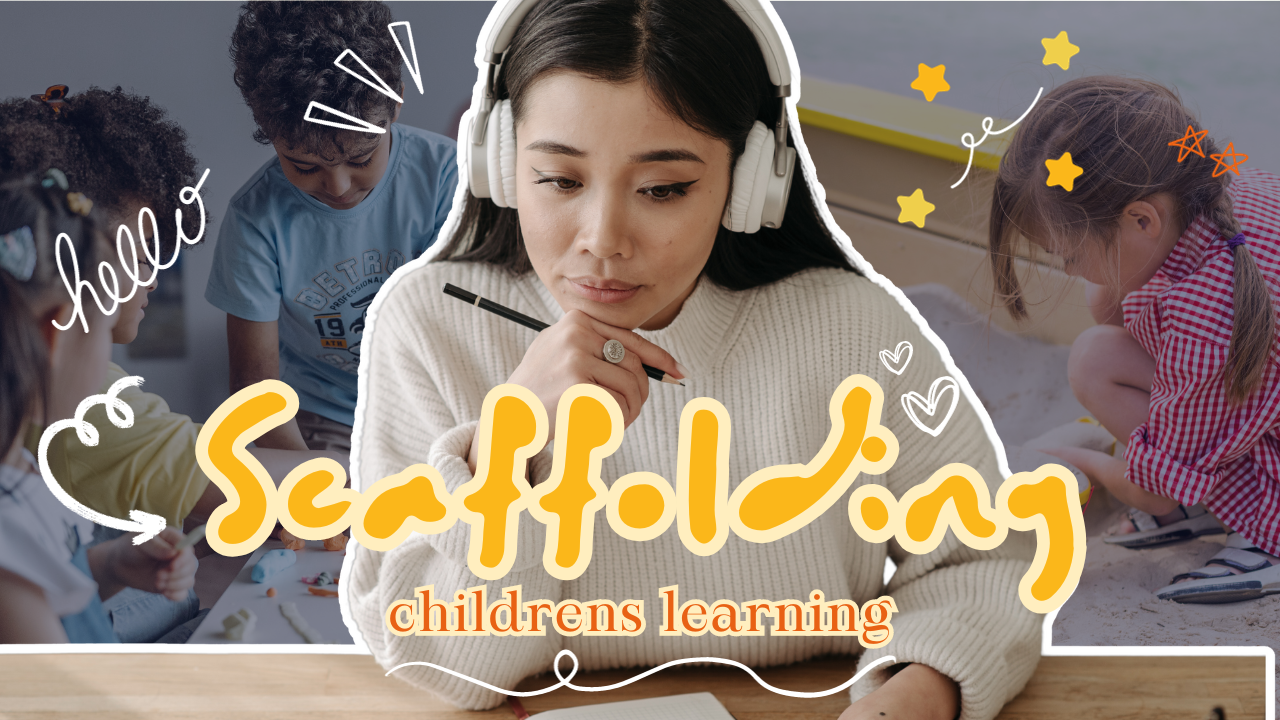
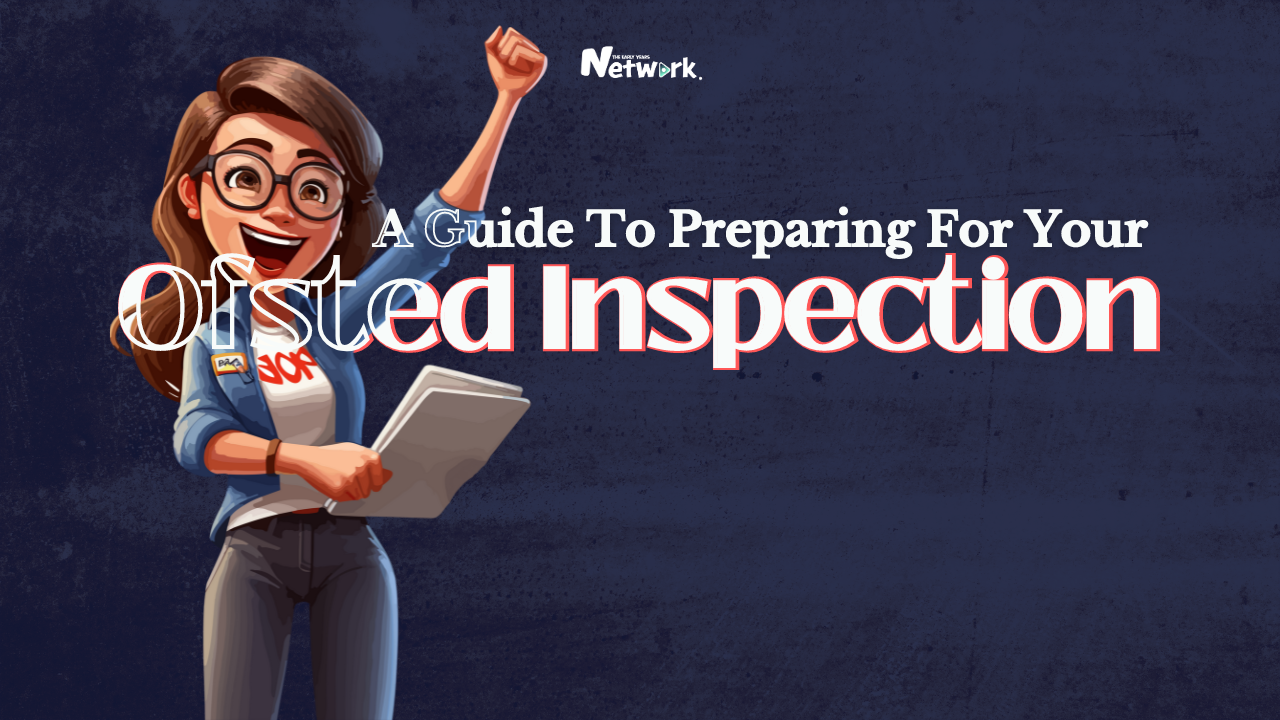
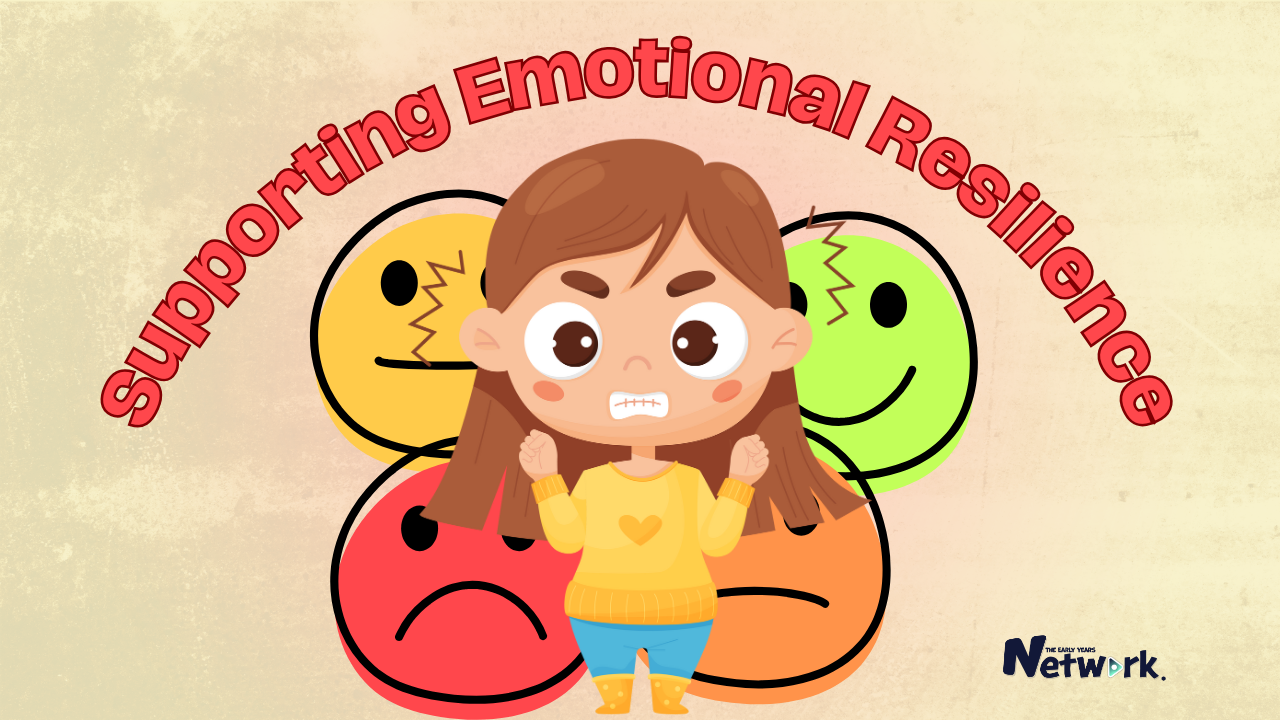
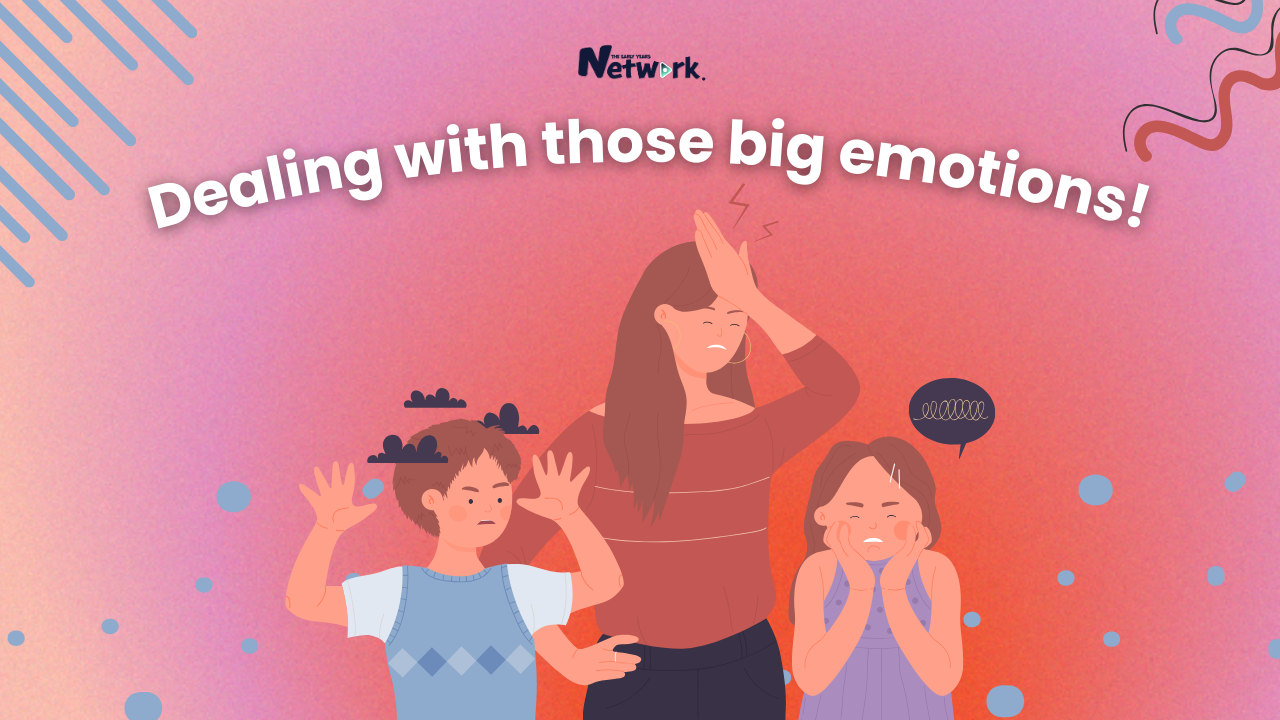
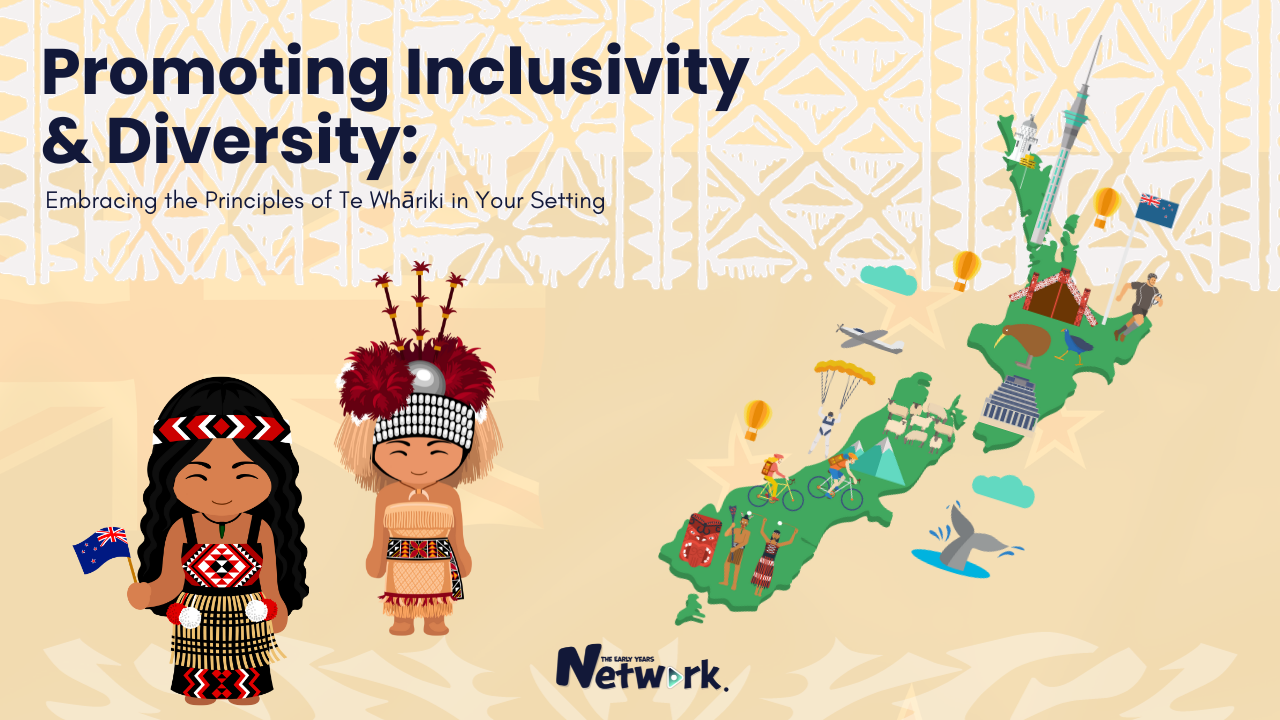
Comments 0
Leave a comment
Only your name will be published. Required fields are marked *